19 Self-Acceptance Quotes to Honor and Accept Yourself Fully
 Self-acceptance is perhaps the best gift you can give yourself.
Self-acceptance is perhaps the best gift you can give yourself.
Self-acceptance is without condition; it means that you accept yourself as is, flaws and all.
It also allows you to freely experience and express a full range of emotions.
Unconditional self-acceptance is a valuable quality, as it is linked to a variety of positive outcomes such as enhanced psychological wellbeing (MacInnes, 2006) and life harmony (Garcia, Nima, & Kjell, 2014).
The aim of this article is to provide inspirational self-acceptance quotes across salient categories including radical self-acceptance, self-love and growth, and self-esteem.
So, let’s get started; when it comes to boosting self-acceptance, self-love, and self-compassion, there is no better time than the present.
To that end, we thought you might like to download our three Self-Compassion Exercises for free. These detailed, science-based exercises will help you increase the compassion and kindness you show yourself and give you the tools to help your clients, students, or employees show more compassion to themselves.
This Article Contains:
Top 10 Quotes About Self-Acceptance
Generally, self-acceptance is conceptualized as an affirmation or acceptance of self in spite of weaknesses or deficiencies.
Michael Bernard, 2013, p. xiv
[With unconditional self-acceptance]… you always – yes, always – accept and respect yourself, your personhood, your being, whether or not you perform well and whether or not other people approve of you and your behaviors.
Albert Ellis, 2012
To accept ourselves is to accept the fact that what we think, feel, and do are all expressions of the self at the time they occur.
Nathaniel Branden, 2011, p. 59
Continually feeding our need for positive self-evaluation is a bit like stuffing ourselves with candy. We get a brief sugar high, then a crash.
Kristin Neff, 2015, p. 5
The desire for others’ approval and reassurance creates sensitivity to real or imagined signs of rejection.
Jennifer Crocker & Lora Park, 2004, p. 401
We don’t have to wait until we are on our deathbed to realize what a waste of our precious lives it is to carry the belief that something is wrong with us.
Tara Brach, 2004, p. 3
… self-acceptance is truly a heroic act.
Nathaniel Branden, 2011, p. 69
When you learn to accept fear, you cease making a catastrophe of it. Then it ceases to be your master.
Nathaniel Branden, 2011, p. 49
Because true belonging only happens when we present our authentic, imperfect selves to the world, our sense of belonging can never be greater than our level of self-acceptance.
Brené Brown, 2015, p. 146
I bask in the glory of my most magnificent self.
Debbie Ford, 2001, p. 217
These quotes convey the unconditional nature of self-acceptance, namely that we accept and respect ourselves regardless of our weaknesses.
It means that we don’t need to look for approval from others and that we don’t hold on to self-sabotaging beliefs. Of course, self-acceptance isn’t always easy and may even be considered courageous.
But its benefits make it worth the effort. Self-accepting individuals appreciate their imperfect selves and can fully embrace life without being controlled by fear.
10 Radical Self-Acceptance Quotes
Radical Acceptance is the willingness to experience ourselves and our life as it is. A moment of Radical Acceptance is a moment of genuine freedom.
Tara Brach, 2004, p. 4
I assure you there is a richer, thicker, cozier blanket [than self-acceptance] to carry through the world. There is a realm infinitely more mind-blowing. It’s called radical self-love.
Sonya Renee Taylor, 2018, p. 3
When I accept myself as a fallible human being capable of being liked and disliked, I will be concerned but not anxious if there is a possibility that new people may dislike me.
Windy Dryden, 2003, p. 152
Briefly, unconditional acceptance means liking yourself, others, and the world when you are not getting what you want and in spite of your getting what you don’t want.
Albert Ellis, 2005, p. 160
We do whatever we can to avoid the raw pain of feeling unworthy… we hold back and play it safe rather than risking failure.
Tara Brach, 2004, p. 15
Entangled in the trance of unworthiness, we grow accustomed to caging ourselves in with self-judgment and anxiety, with restlessness and dissatisfaction.
Tara Brach, 2004, p. 25
The most terrifying thing is to accept oneself completely.
Carl Jung, n.d.
Self-forgiveness is a process that enables us to release guilt, while self-acceptance is a process that enables us to process our shame.
Colin Tipping, 2011, P. 82
The more I bathe in the experience of loving and being loved, the more accessible it becomes in daily life.
Tara Brach, 2020, p. 79
The medicine for shame is radical compassion, the loving presence that helps us trust our belonging and essential goodness.
Tara Brach, 2020, p. 78
Radical self-love has been described as “deeper, wider, and more expansive than anything we would call self-confidence or self-esteem… Including the word radical offers us a self-love that is the root or origin of our relationship to ourselves” (Taylor, 2018, p. 6).
Radical self-acceptance is the truest form of self-love because it is not contingent upon our behaviors or feelings at a given time. It is always present, regardless of the various stressors life throws our way.
It enables us to take important risks because we know our self-love will still be there if we fail.
This degree of self-worth enables us to better deal with dissatisfaction and shame. It allows us to forgive ourselves and enjoy a daily existence in which we trust in our essential goodness.
Inspiring Self-Love & Growth Quotes
We can never obtain peace in the outer world until we make peace with ourselves.
Dalai Lama XIV, n.d.
Love for others without the foundation of love for ourselves becomes a loss of boundaries, codependency, and a painful and fruitless search for intimacy. But when we contact, through meditation, our true nature, we can allow others to also find theirs.
Sharon Salzberg, 1995, p. 24
May I accept myself as I am today. May I learn to love and accept myself unconditionally. I’m here, I’m home.
Laurasia Mattingly, 2020, p. 2
If your compassion does not include yourself, it is incomplete.
Buddha, n.d.
… the curious paradox is that when I accept myself as I am, then I change.
Carl Rogers, 1995, p. 17
Let us therefore teach our children and our therapy clients to have unconditional self-acceptance – that is, to fully accept themselves as valuable and enjoyable humans whether or not they are self-efficacious and whether or not others approve of or love them.
Albert Ellis, 1996, p. 150
… if we want our children to love and accept who they are, our job is to love and accept who we are.
Brené Brown, 2015, p. 219
When we give ourselves compassion, the tight knot of negative self-judgment starts to dissolve, replaced by a feeling of peaceful, connected acceptance – a sparkling diamond that emerges from the coal.
Kristin Neff, 2015, p. 13
If you find yourself in a constant battle with the world, perhaps plagued by dissatisfying relationships and lack of intimacy, you are probably not loving yourself unconditionally. You also may judge yourself over past mistakes without self-compassion.
Self-love promotes positive growth by focusing on the here and now; it enables us to strive toward greater contentment and wellbeing. By loving ourselves in this way, we also model unconditional self-love for our children, allowing them to fully accept themselves as they are.
It is in this way that children can approach life as self-compassionate individuals who are at peace with themselves and the world around them.
8 Short Self-Esteem Quotes
Self-esteem is perhaps the greatest emotional sickness known to humans.
Albert Ellis, 1996, p. 150
Basing self-esteem on external contingencies of self-worth, such as appearance or others’ approval, requires continual validation from others.
Jennifer Crocker & Katherine Knight, 2005, p. 202
Pursuing self-esteem can be motivating, but other sources of motivation, such as goals that are good for the self and others, can provide the same motivation without the costs.
Jennifer Crocker & Lora Park, 2004, p. 407
Rather, we think of boosts to self-esteem as analogous to sugar: tasty but not nutritious.
Jennifer Crocker & Katherine Knight, 2005, p. 201
The short-term emotional benefits of pursuing self-esteem are often outweighed by long-term costs.
Jennifer Crocker & Lora Park, 2004, p. 392
The pursuit of self-esteem sacrifices autonomy.
Jennifer Crocker & Lora Park, 2004, p. 399
People with high self-esteem have a stronger tendency than those with low self-esteem to judge and treat their own groups more favorably than out-groups.
Roy Baumeister et al., 2003, p. 36
Unconditional, non-egoistic self-acceptance is actually more in line with self-compassion than [self-esteem], suggesting that self-compassion may be a better candidate for predicting healthy relationship interactions.
Kristin Neff & Natasha Beretvas, 2013, p. 79
Self-esteem is hardly a new concept. Introduced by William James in 1890 (Mruk, 2010), the term has been a topic of debate among researchers for many decades.
As noted by Baumeister, Campbell, Krueger, and Vohs (2003, p. 2), “self-esteem is literally defined by how much value people place on themselves.”
The ongoing problem with self-esteem as a state or trait is that it is generally viewed as competence dependent. As such, when a person succeeds at a task, their self-esteem increases. However, when the same person doesn’t perform as well, their self-esteem is likely to plummet. This mindset is like an emotional rollercoaster since we simply cannot succeed at everything we do.
It is for these reasons that Albert Ellis is famously known to have had a disapproving view of self-esteem. Certainly, performing well and enjoying a spike in self-esteem is motivating. But, like a sugar high, this contingent motivation is not sustainable.
Consequently, a focus on self-esteem versus self-acceptance has long-term costs. For example, self-esteem jeopardizes autonomy by requiring a person to act according to performance-driven pressure rather than internal motivation (Crocker & Park, 2004).
Self-esteem is also costly in terms of learning and competence, self-regulation, relationships, and even physical health (Crocker & Park, 2004). Moreover, those with high self-esteem may be more judgmental of others. Overall, those with unconditional self-acceptance, rather than self-esteem, tend to enjoy greater self-compassion and consistent feelings of self-worth.
4 Quote Books About the Power of Self-Love
There are several books available that provide a treasure trove of inspiring self-love quotes from a range of researchers, philosophers, and writers. Here are four such examples along with 10 excellent quotes included.
1. Self-Love: 100+ Quotes, Reflections, and Activities to Help You Uncover and Strengthen Your Self-Love – Devi B. Dillard-Wright
This quote book is designed to aid readers in moving “from self-loathing to self-compassion” by providing 120 positive reflections. It also contains short exercises intended to help build self-love and self-compassion.
The book’s chapters are divided according to self-love topics, such as ‘Pick your Battles,’ ‘Be your own Cheerleader,’ ‘Release your Guilt,’ and ‘Find your Purpose.’
Additionally, readers are asked to take ‘The Self-Love Pledge,’ which involves repeating a self-love phrase each day as a way of reminding them of their dedication toward being more self-loving and respectful.
And, of course, the book is loaded with self-love and self-compassion reflections such as:
You are beautiful because of your unrelenting insistence on being utterly, uncompromisingly, completely you.
Jeanette LeBlanc, p. 33
Loving yourself isn’t vanity. It’s sanity.
André Gide, p. 21
Tell the world you are a one-of-a-kind creation who came here to experience wonder and spread joy. Expect to be accommodated.
Victoria Moran, p. 30
Find the book on Amazon.
2. Buddha: His Words – Daniel Coenn
This book contains 161 of Buddha’s most-known quotes and sayings. It is a terrific resource for anyone looking for Buddha’s words of wisdom regarding self-acceptance and self-love. Here are two notable examples of self-acceptance quotes within this collection:
You yourself, as much as anybody in the entire universe deserve love and affection.
If you truly loved yourself, you could never hurt another.
Find the book on Amazon.
3. Love Yourself Every Day: 365 Daily Self-Love Quotes and Affirmations to Boost Self-Esteem and Confidence, and Inspire Unconditional Self-Compassion Even When You Feel Unworthy – Jordan S. Alexander
This book provides daily self-love quotes designed to break down self-deprecating feelings while enhancing self-worth and self-love.
By embracing the book’s 365 affirmations, readers will be on their way toward putting their own needs first, meeting personal goals, no longer being concerned about others’ opinions of them, ceasing self-criticism, and developing a positive body image, among other things.
Here are two examples of self-love quotes included in this book:
It’s all about falling in love with yourself and sharing that love with someone who appreciates you, rather than looking for love to compensate for a self-love deficit.
Eartha Kitt, p. 18
I was once afraid of people saying ‘Who does she think she is?’ Now I have the courage to stand and say, ‘This is who I am.’
Oprah Winfrey, p. 21
Find the book on Amazon.
4. Good Vibes, Good Life: How Self-Love Is the Key to Unlocking Your Greatness – Vex King
The goal of this book is to help readers embrace their own greatness by finding a higher purpose, overcoming fear, manifesting goals, cultivating positive lifestyle habits, creating beliefs that promote opportunities, and practicing better self-care.
Because it is written by a person who overcame adversity, the book is particularly inspiring for those experiencing life challenges. Along with helping readers follow a trajectory of self-love and positive vibes, the book contains many motivating quotes such as:
Self-love is the balance between accepting yourself as you are while knowing you deserve better, then working towards it.
It is important to recognize that it’s not unjust to let go of those who show no concern for you.
When you start loving yourself, life starts loving you, too. By keeping your vibration high, you’ll attract more opportunities and blessings into your life.
Find the book on Amazon.
The Science of Self-Acceptance Masterclass
Promoting self-acceptance is a top priority here at PositivePsychology.com. Based on the understanding that low self-acceptance (even in combination with high self-esteem) is the basis for many psychological and emotional issues, we offer an innovative program called the Science of Self-Acceptance Masterclass©.
The objective of this class is to provide practitioners with a research-based approach that will help clients redirect their unhealthy attempts to increase self-esteem toward the much more beneficial construct of self-acceptance.
Taught by a highly experienced psychologist and researcher, Dr. Hugo Alberts, this course uses the ‘sailboat metaphor’ as an easily comprehensible way for individuals to feel connected as passengers weathering the same storm.
The course contains eight modules of live recordings; a comprehensive science-based handbook; and many audio files, worksheets, exercises, illustrations, and PowerPoint slides. Additionally, the course enables clients to receive expert advice along with a special component in which they learn how to teach the class to others.
Overall, the Science of Self-Acceptance Masterclass© enables individuals to change their mental narratives from ones that are constantly seeking approval, to those that are deep, long-lasting, and grounded in a sense of worthiness.
A Take-Home Message
This article has provided many important insights into the amazing power of self-love.
Using poignant quotes from notable experts and philosophers, it is clear that there are many ways to express the importance of self-acceptance.
While complete self-acceptance – that is, without the need for reassurance from others – isn’t easy, it enables us to become the best versions of ourselves.
Unlike self-esteem, which is often fleeting and performance dependent, self-acceptance means that we respect ourselves entirely, we forgive ourselves of past mistakes, and we embrace our value as human beings.
And with such self-love and acceptance comes the glorious freedom to be our most authentic selves and to create our own beautiful love stories.
We hope you enjoyed reading this article. Don’t forget to download our three Self-Compassion Exercises for free.
- Alexander, J. S. (2021). Love yourself every day: 365 Daily self-love quotes and affirmations to boost self-esteem and confidence, and inspire unconditional self-compassion even when you feel unworthy. Author.
- Baumeister, R., Campbell, J., Krueger, J., & Vohs, K. (2003). Does high self-esteem cause better performance, interpersonal success, happiness, or healthier lifestyles? Psychological Science in the Public Interest, 4, 1–44.
- Bernard, M. (2013). The strength of self-acceptance: Theory, practice and research. Springer.
- Brach, T. (2004). Radical acceptance: Embracing your life with the heart of a Buddha. Bantam.
- Brach, T. (2020). Radical compassion: Learning to love yourself and your world with the practice of RAIN. Penguin Books.
- Branden, N. (2011). How to raise your self-esteem: The proven action-oriented approach to greater self-respect and self-confidence. Random House.
- Brown, B. (2015). Daring greatly: How the courage to be vulnerable transforms the way we live, love, parent, and lead. Avery.
- Buddha, G. (2014). in D. Coenn (Ed.), Buddha: His words. BookRix GmbH & Co.
- Coenn, D. (2014). Buddha: His Words. BookRix GmbH & Co.
- Crocker, J., & Knight, K. (2005). Contingencies of self-worth. Current Directions in Psychological Science, 14, 200–203.
- Crocker, J., & Park, L. (2004). The costly pursuit of self-esteem. Psychological Bulletin, 130, 392–414.
- Dalai Lama (n.d.). Retrieved March 7, 2021, from https://www.brainyquote.com/quotes/dalai_lama_385012
- Dillard-Wright, D. B. (2021). Self-love: 100+ Quotes, reflections, and activities to help you uncover and strengthen your self-love. Adams Media.
- Dryden, W. (2003). Reason to change: A Rational Emotive Behaviour Therapy (REBT) workbook. Routledge.
- Ellis, A. (1996). How I learned to help clients feel better and get better. Psychotherapy: Theory, Research, Practice, Training, 33, 149–151.
- Ellis, A. (2005). The myth of self-esteem: How rational emotive behavior therapy can change your life forever. Prometheus.
- Ellis, A. (2012). How to stubbornly refuse to make yourself miserable about anything: Yes anything! Citadel
- Ford, D. (2001). The secret of the shadow: The power of owning your whole story. HarperOne.
- Garcia, D., Nima, A., & Kjell, O. (2014). The affective profiles, psychological well-being, and harmony: Environmental mastery and self-acceptance predict the sense of a harmonious life. Peer J, 2(2). Retrieved March 10, 2021, from https://peerj.com/articles/259/
- Jung, C. (2018). In C. Sreechinth (Ed.), Musings of Carl Jung. UB Tech.
- King, V. (2018). Good vibes, good life: How self-love is the key to unlocking your greatness. Hay House.
- MacInnes, D. (2006). Self-esteem and self-acceptance: An examination into their relationship and their effect on psychological health. Journal of Psychiatric and Mental Health Nursing, 13, 483–489.
- Mattingly, L. (2020). Meditations on self-love: Daily wisdom for healing, acceptance, and joy. Rockridge Press.
- Mruk, C. (2010). Self-esteem. In I. B. Weiner & W. E. Craighead (Eds.), The Corsini encyclopedia of psychology. John Wiley & Sons.
- Neff, K. (2015). Self-compassion: The proven power of being kind to yourself. William Morrow.
- Neff, K., & Beretvas, S. (2013). The role of self-compassion in romantic relationships. Self & Identity, 12, 78–98.
- Rogers, C. (1995). On becoming a person: A therapist’s view of psychotherapy. Mariner Books.
- Salzberg, S. (2002). Lovingkindness: The revolutionary art of happiness. Shambhala.
- Taylor, S. R. (2018). The body is not an apology: The power of radical self-love. Berrett-Koehler.
- Tipping, C. (2011). Radical self-forgiveness: The direct path to true self-acceptance. Sounds True.
Let us know your thoughts
Read other articles by their category
- Body & Brain (49)
- Coaching & Application (57)
- Compassion (26)
- Counseling (51)
- Emotional Intelligence (24)
- Gratitude (18)
- Grief & Bereavement (21)
- Happiness & SWB (40)
- Meaning & Values (26)
- Meditation (20)
- Mindfulness (45)
- Motivation & Goals (45)
- Optimism & Mindset (34)
- Positive CBT (29)
- Positive Communication (20)
- Positive Education (47)
- Positive Emotions (32)
- Positive Leadership (18)
- Positive Parenting (4)
- Positive Psychology (33)
- Positive Workplace (37)
- Productivity (17)
- Relationships (46)
- Resilience & Coping (36)
- Self Awareness (21)
- Self Esteem (38)
- Strengths & Virtues (32)
- Stress & Burnout Prevention (34)
- Theory & Books (46)
- Therapy Exercises (37)
- Types of Therapy (64)
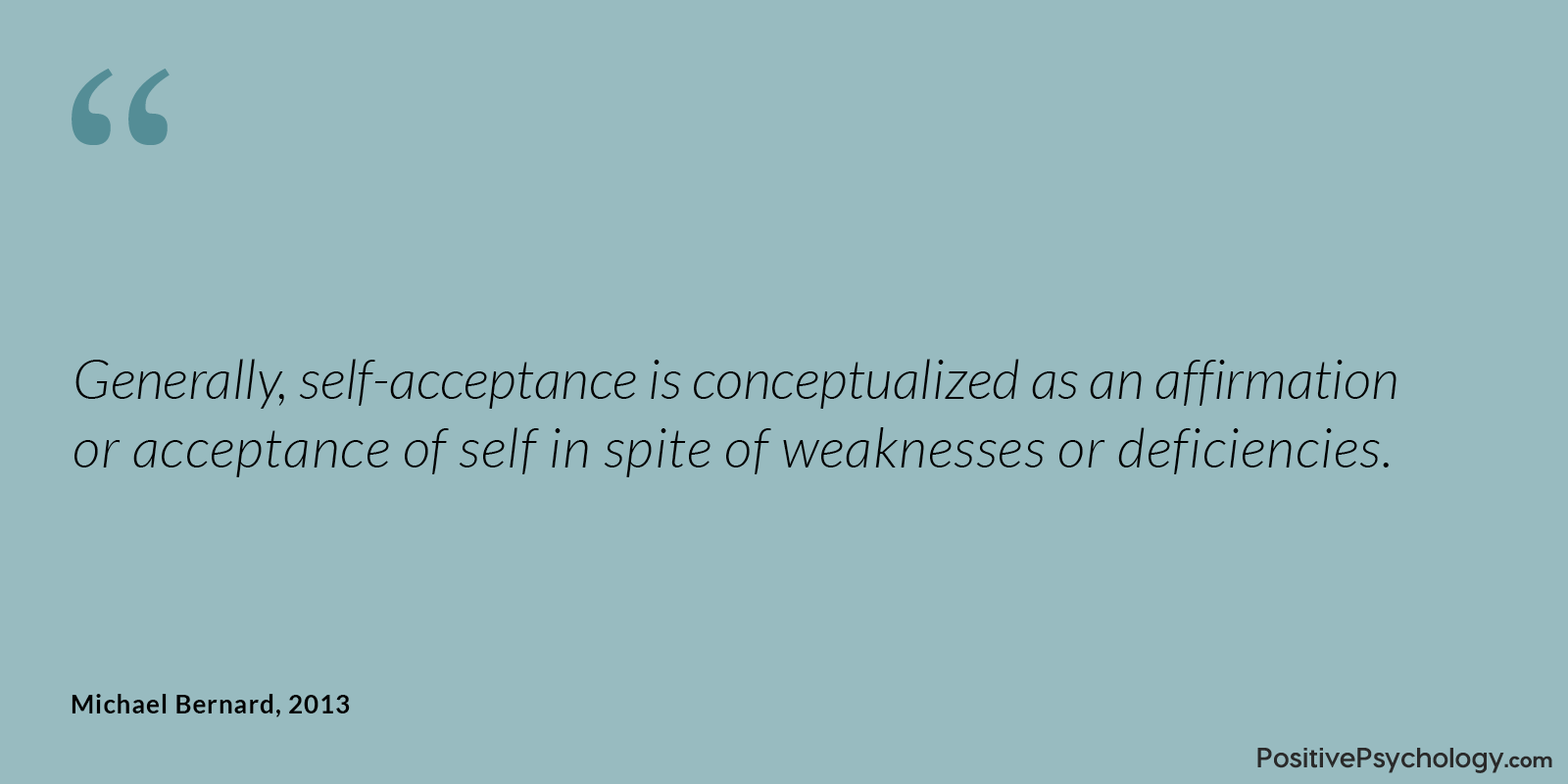
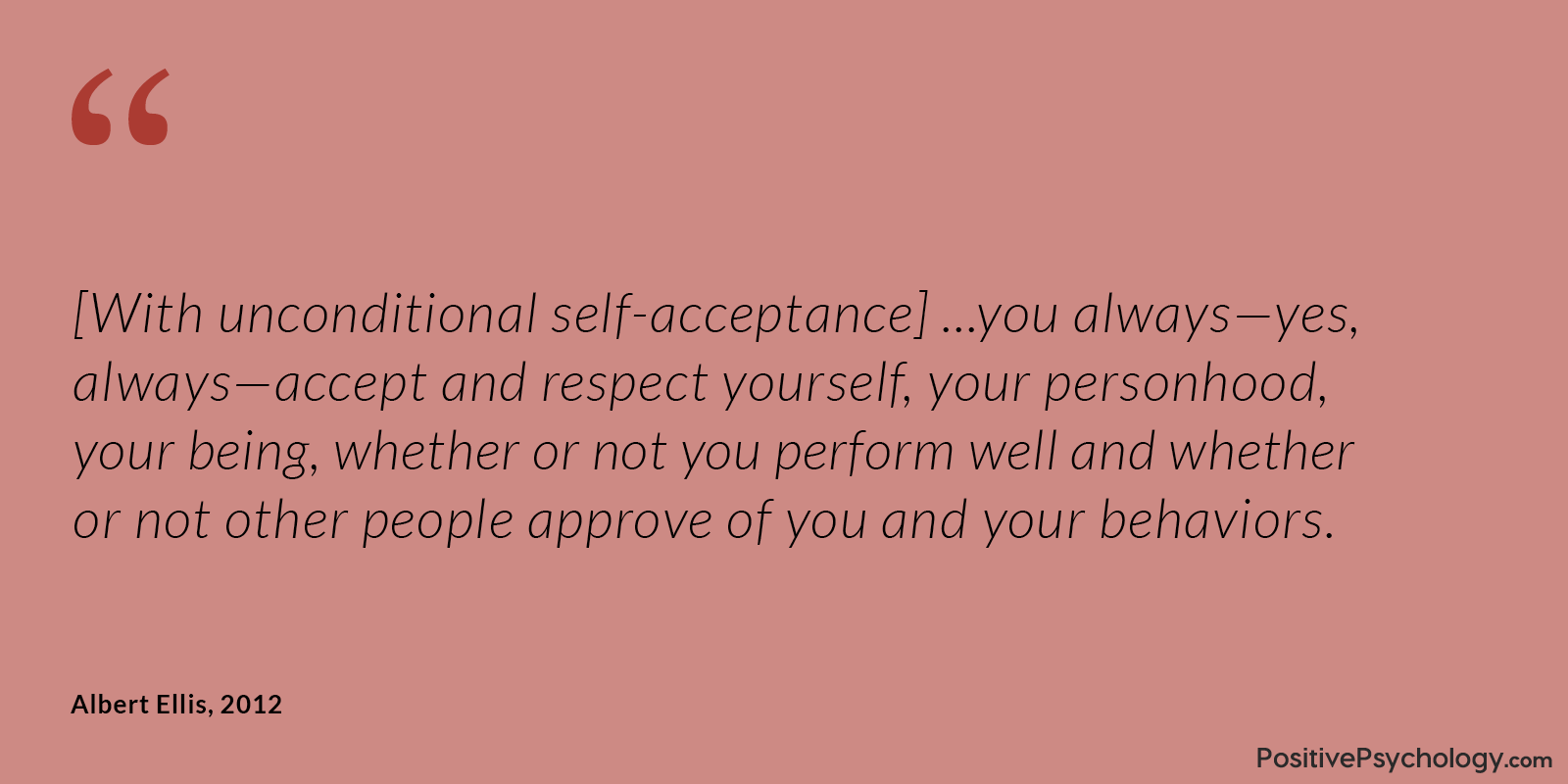
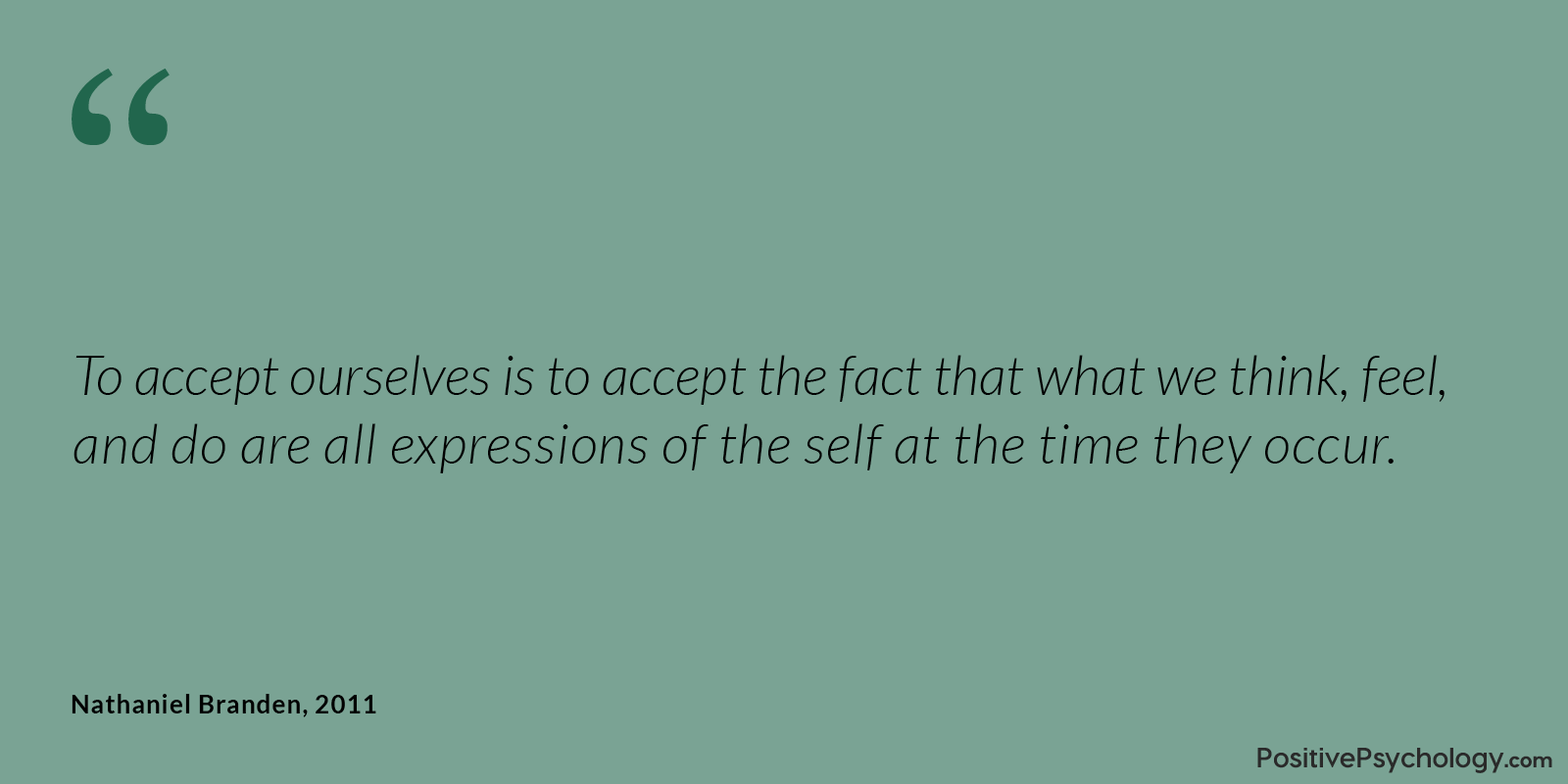
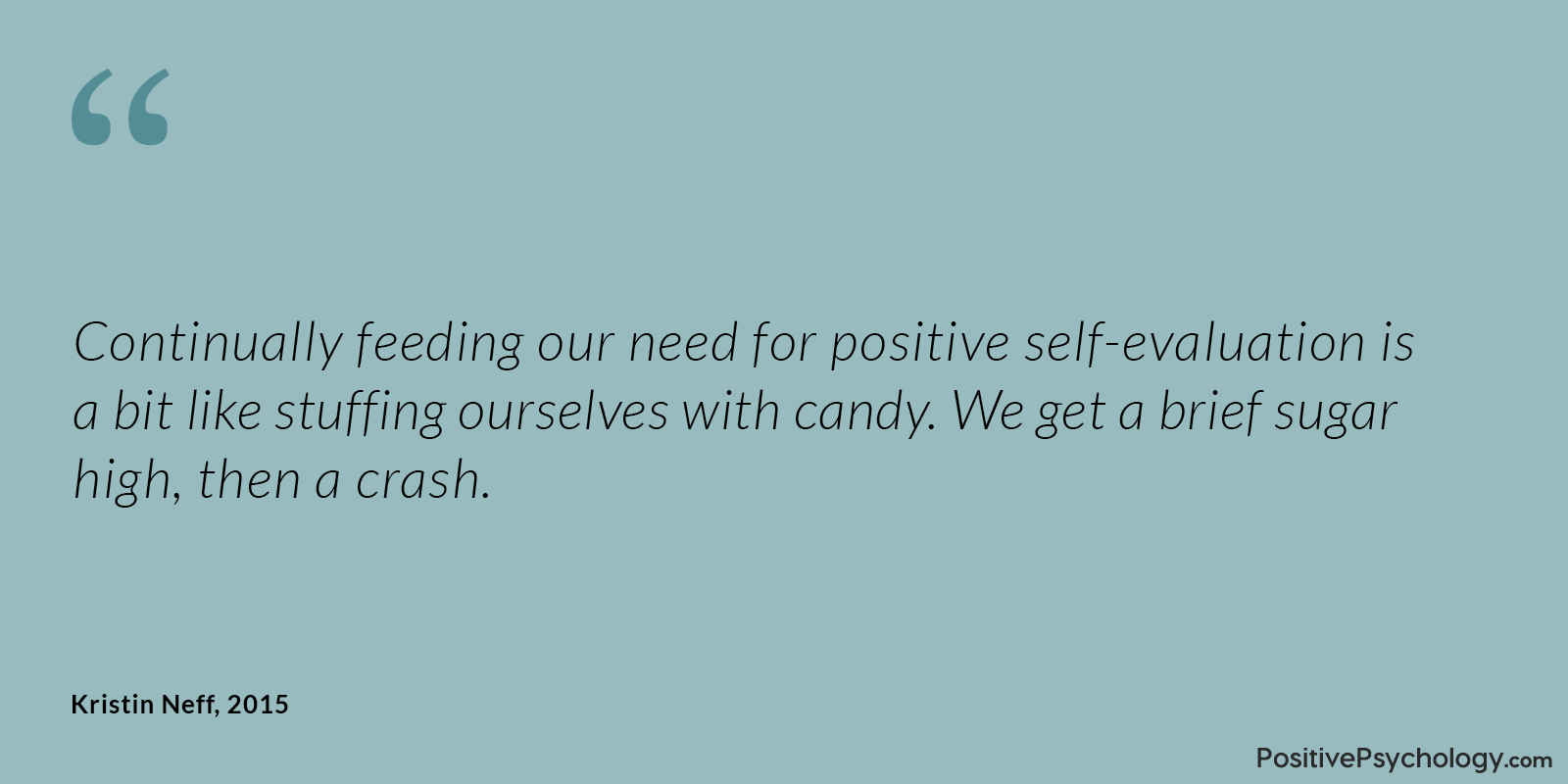
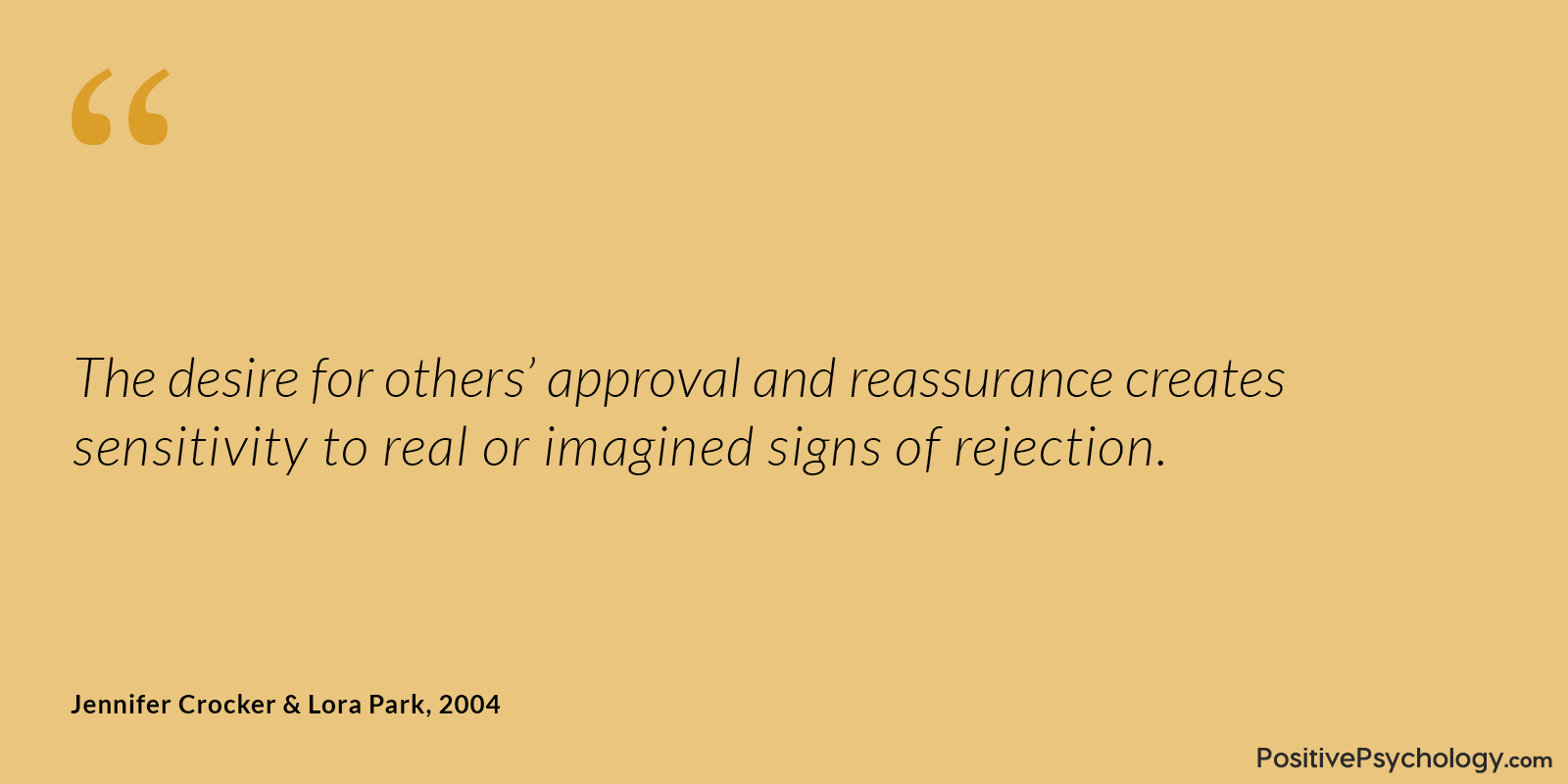
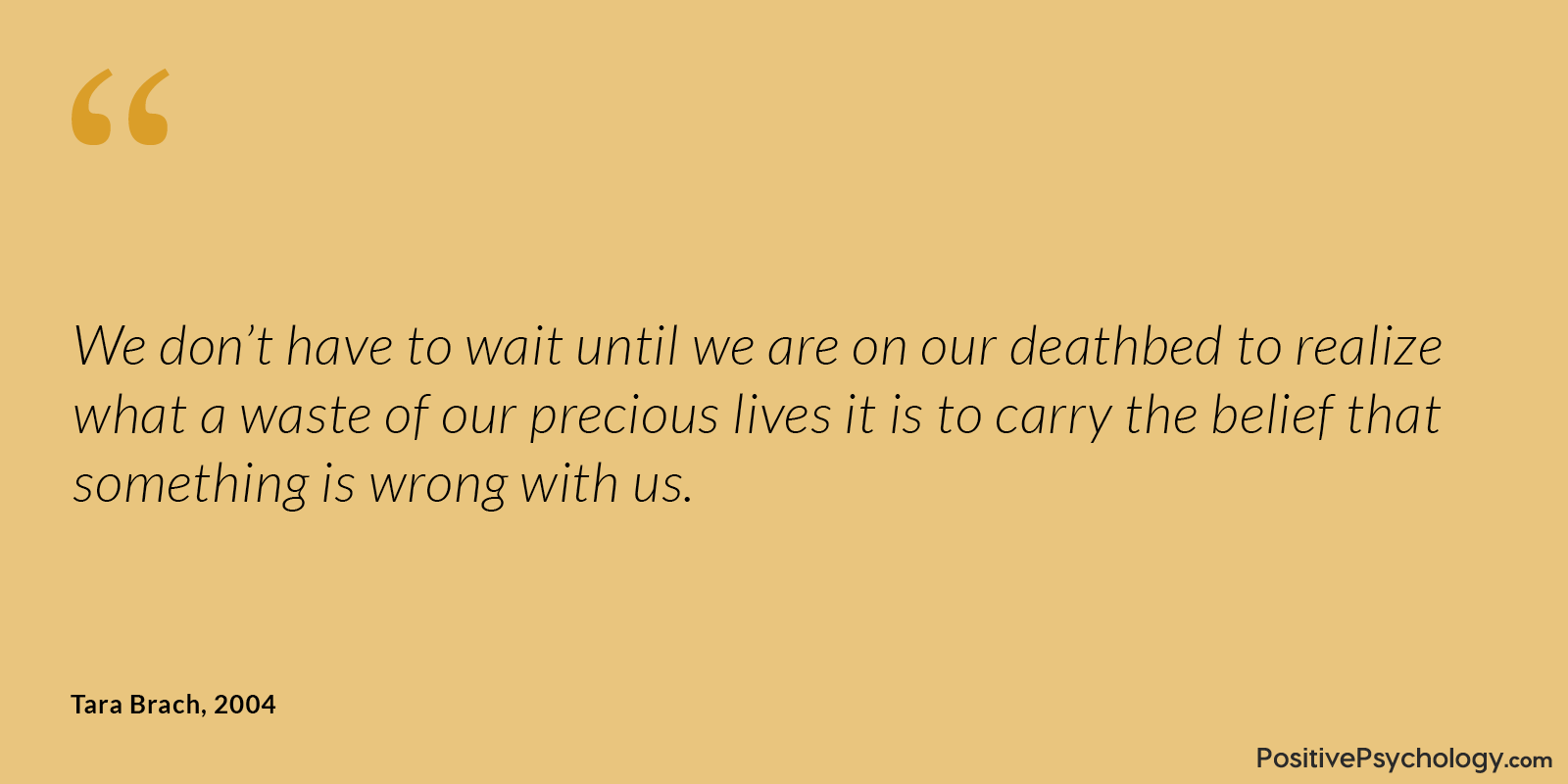
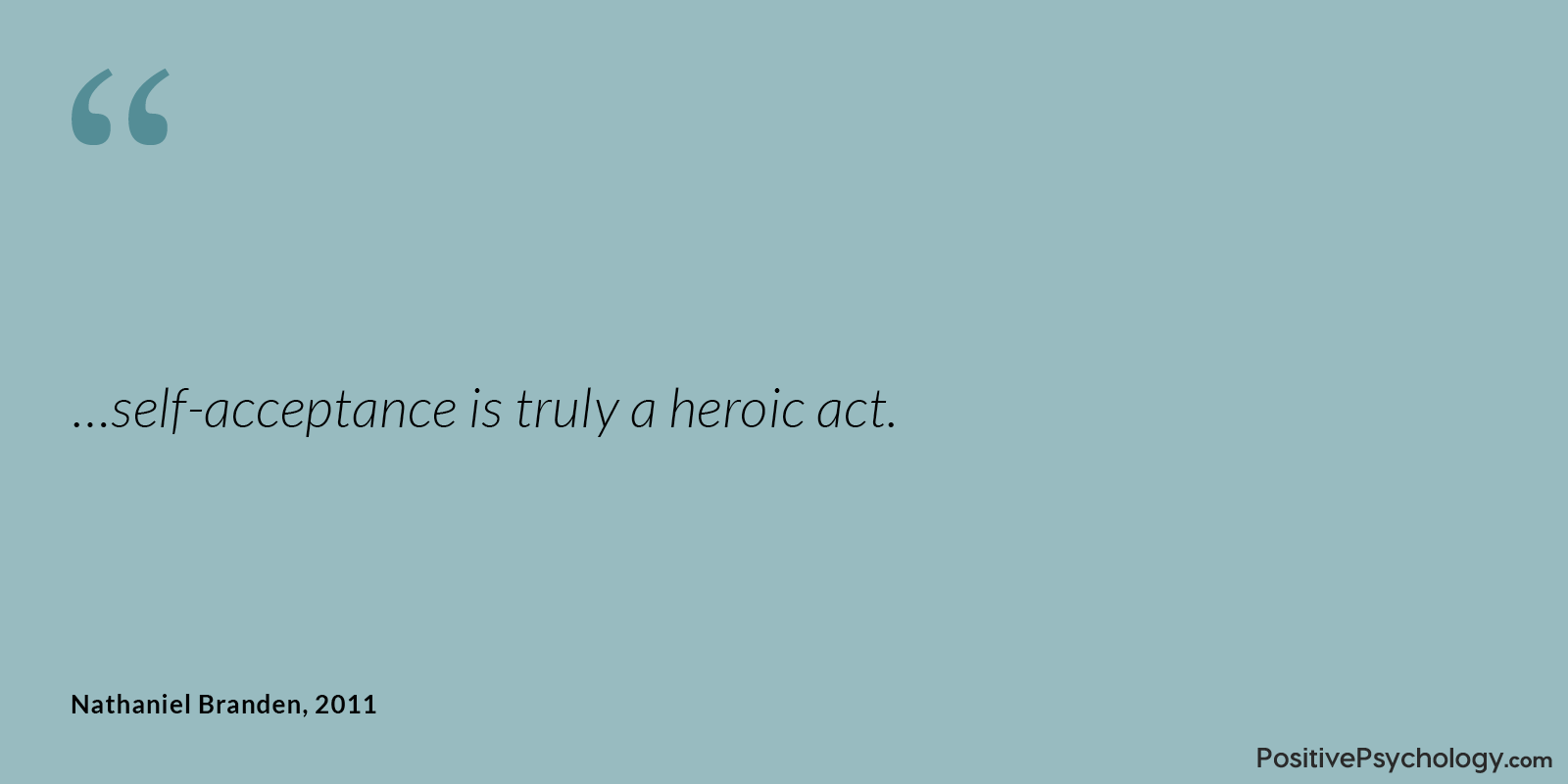
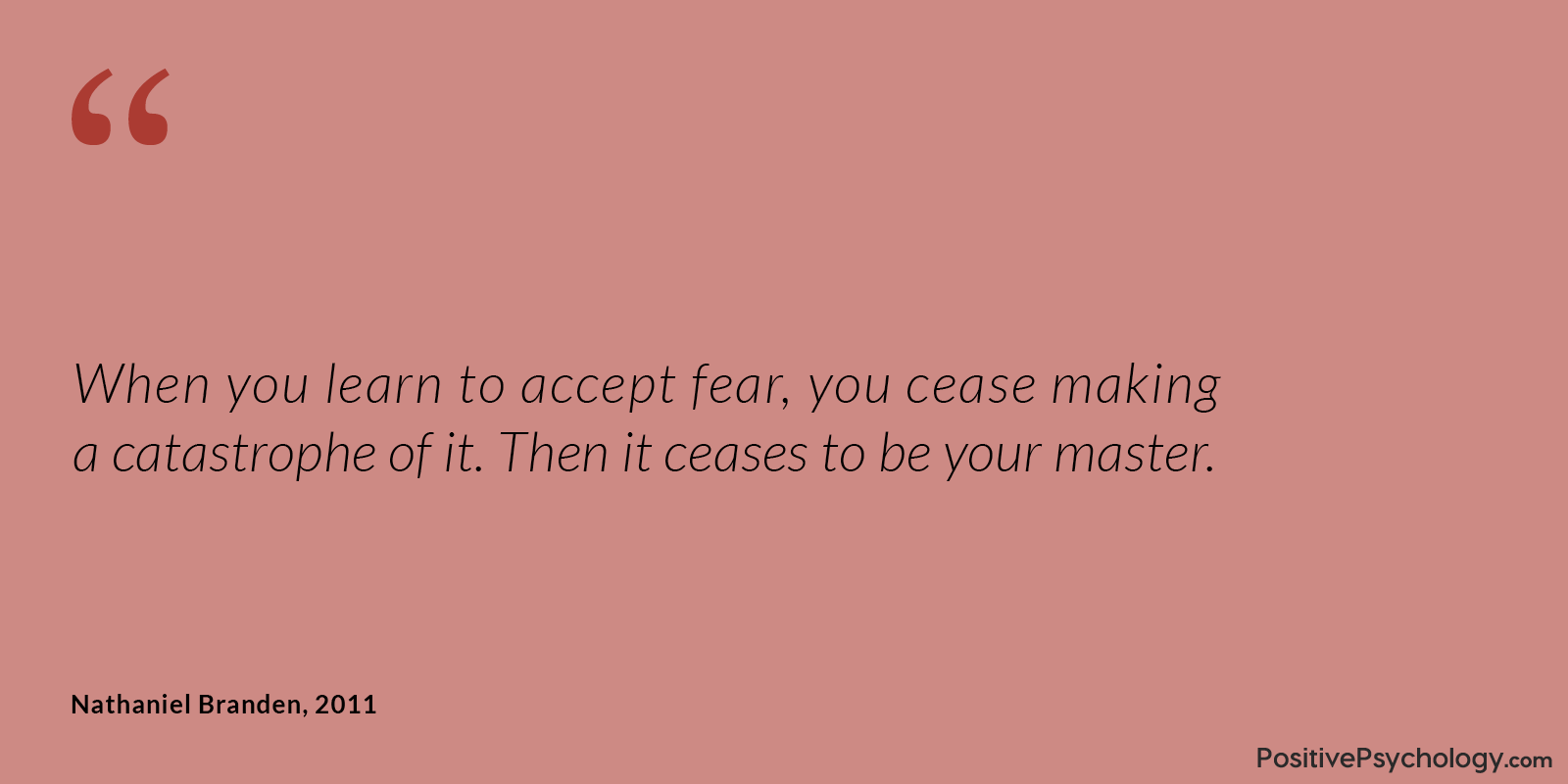
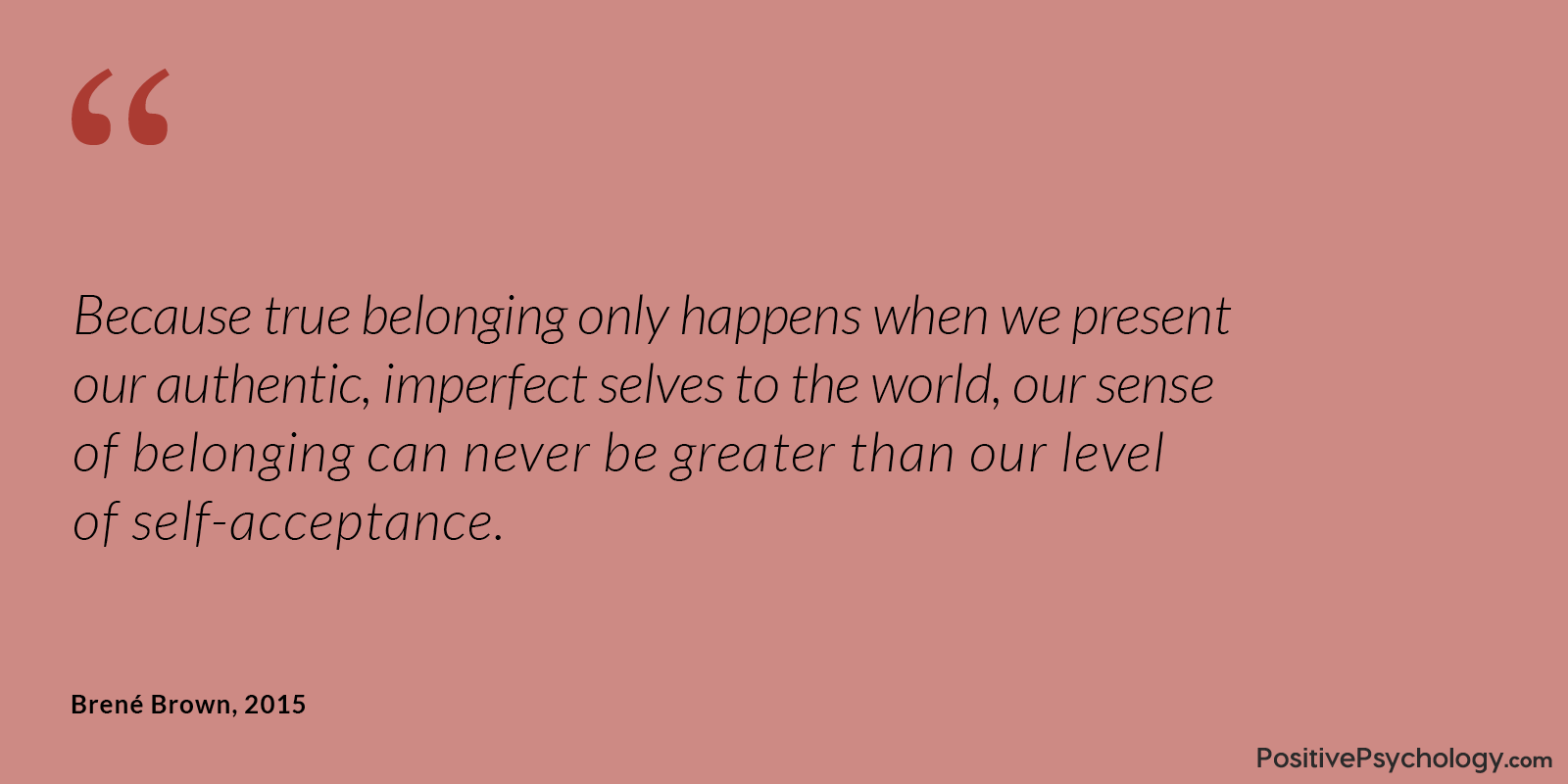
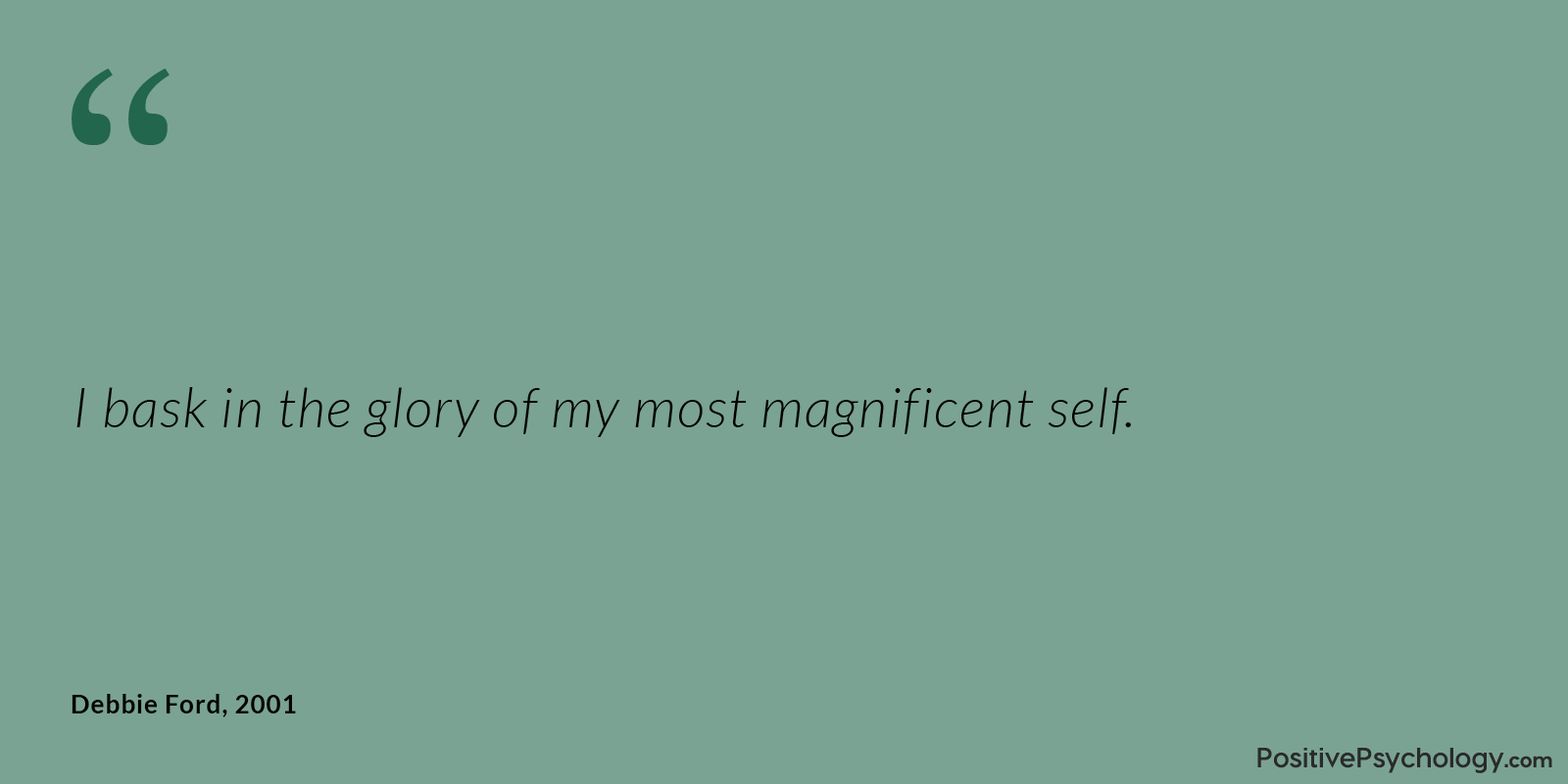
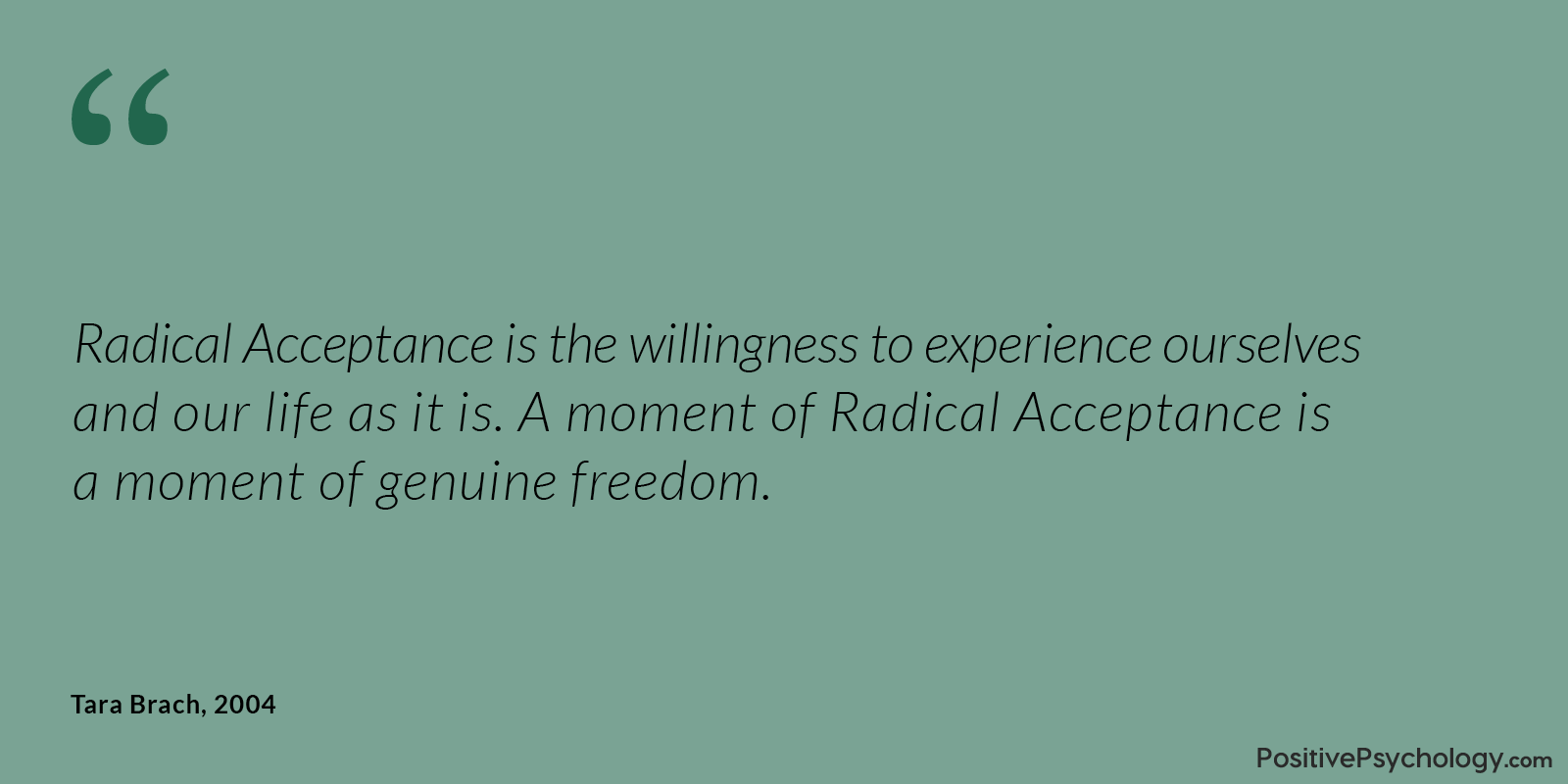
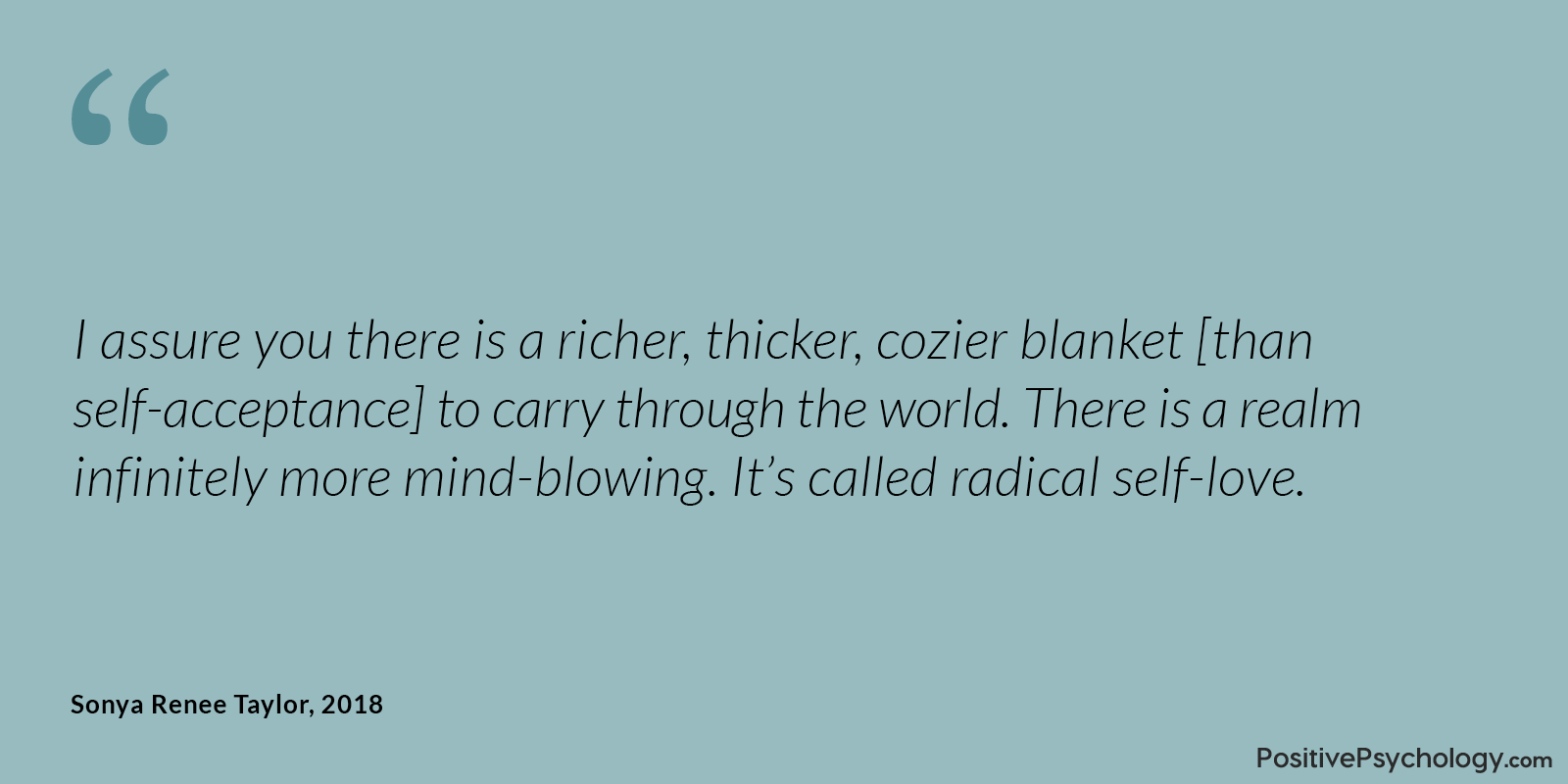
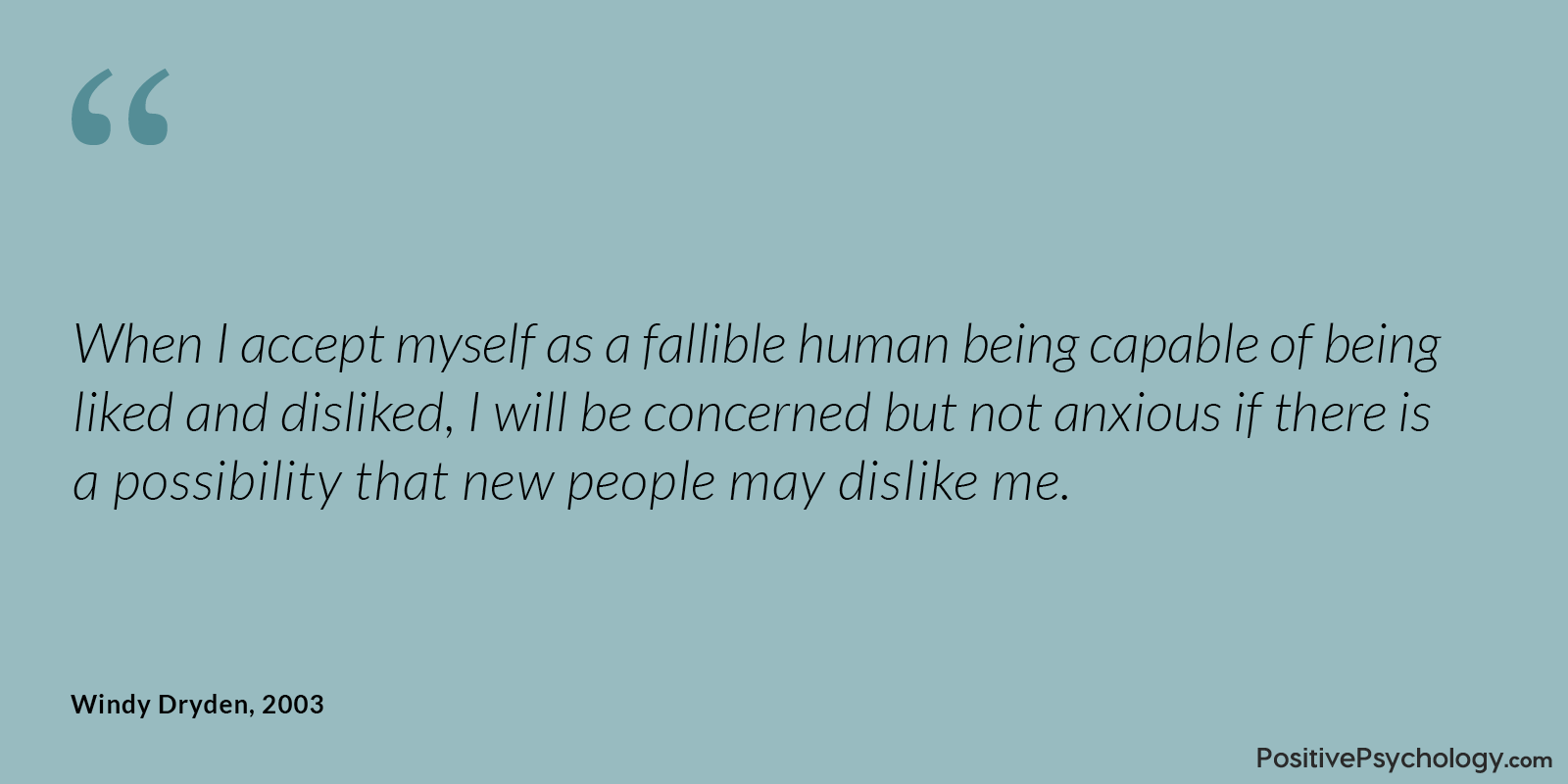
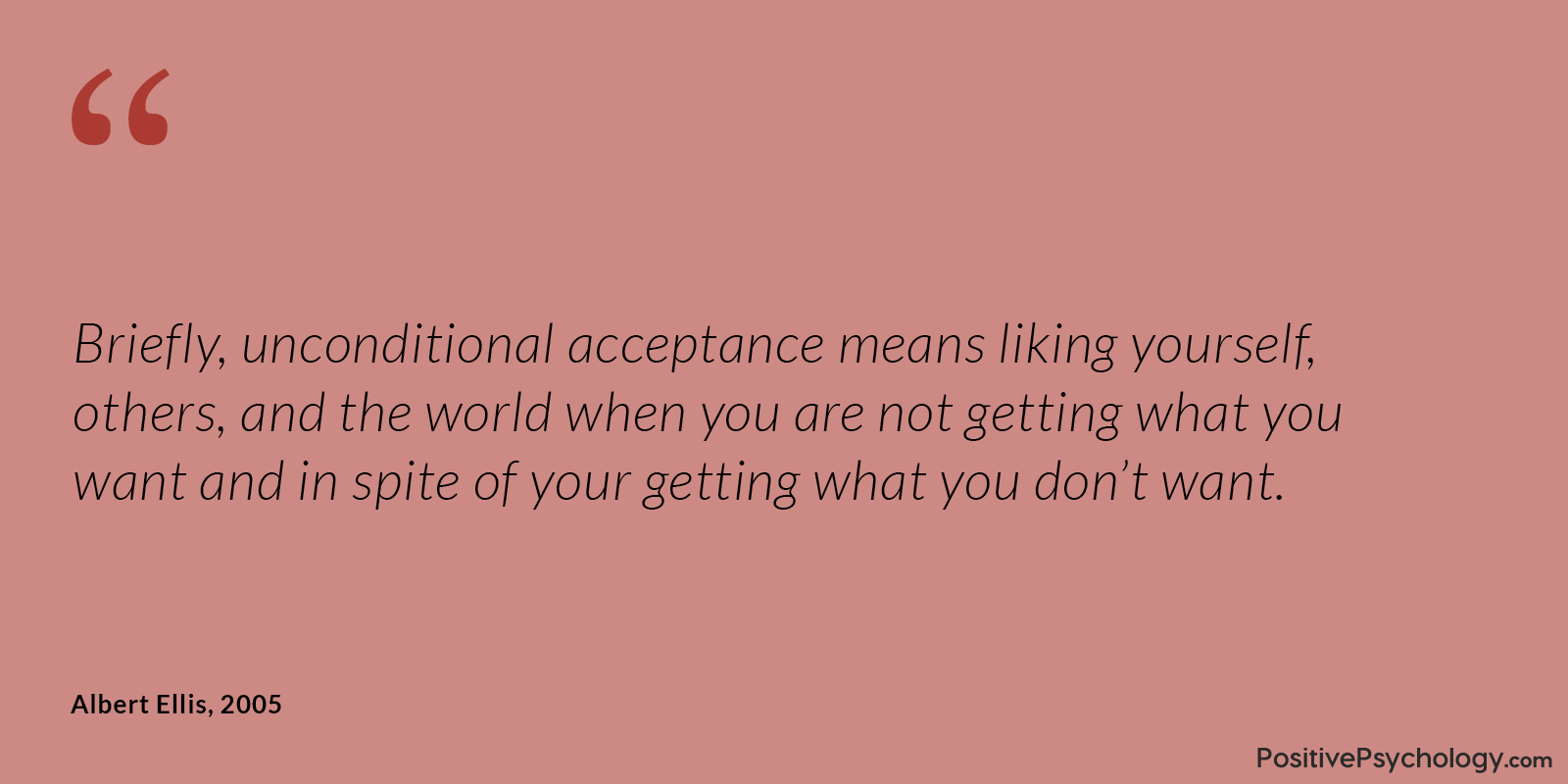
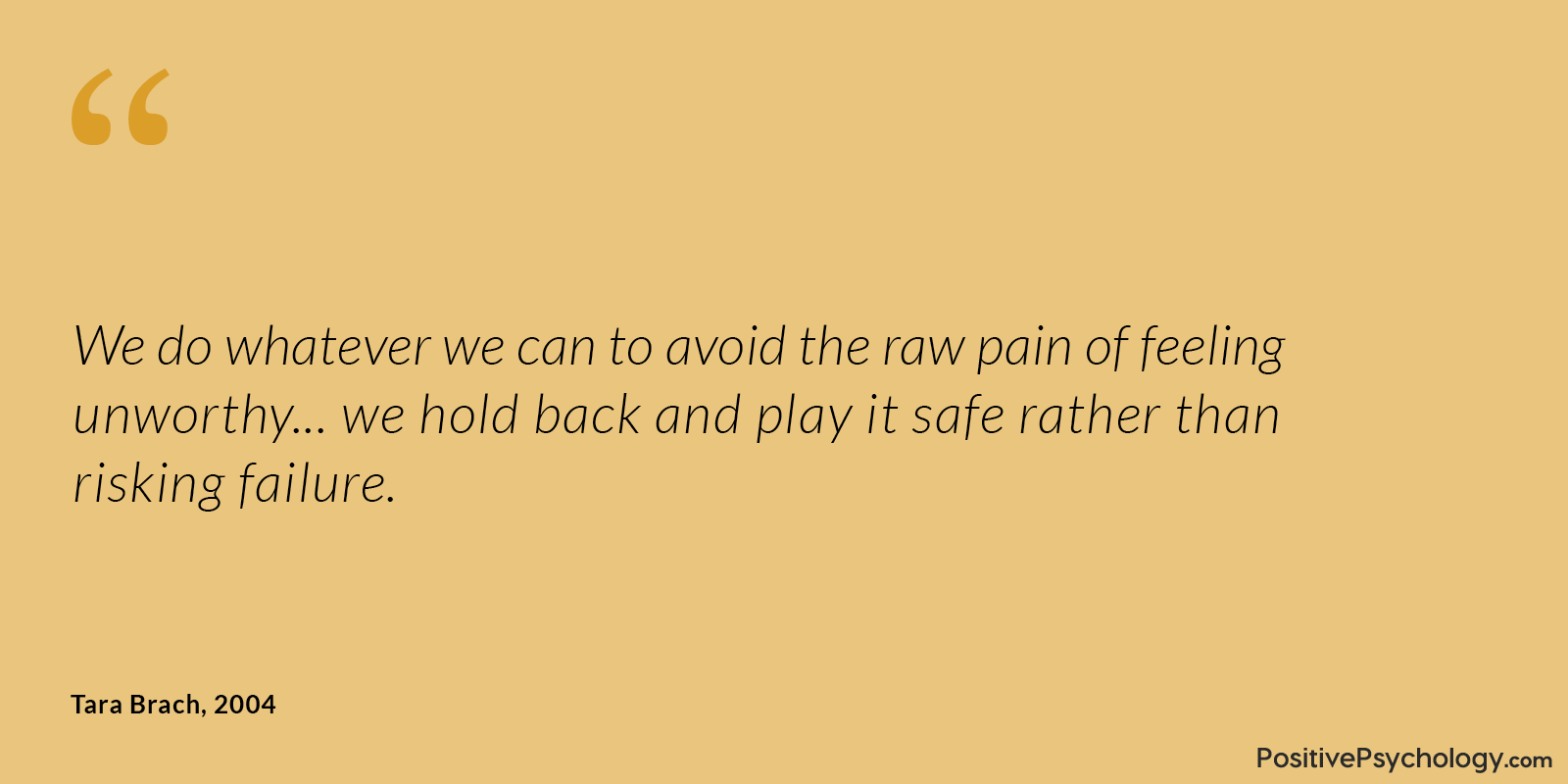
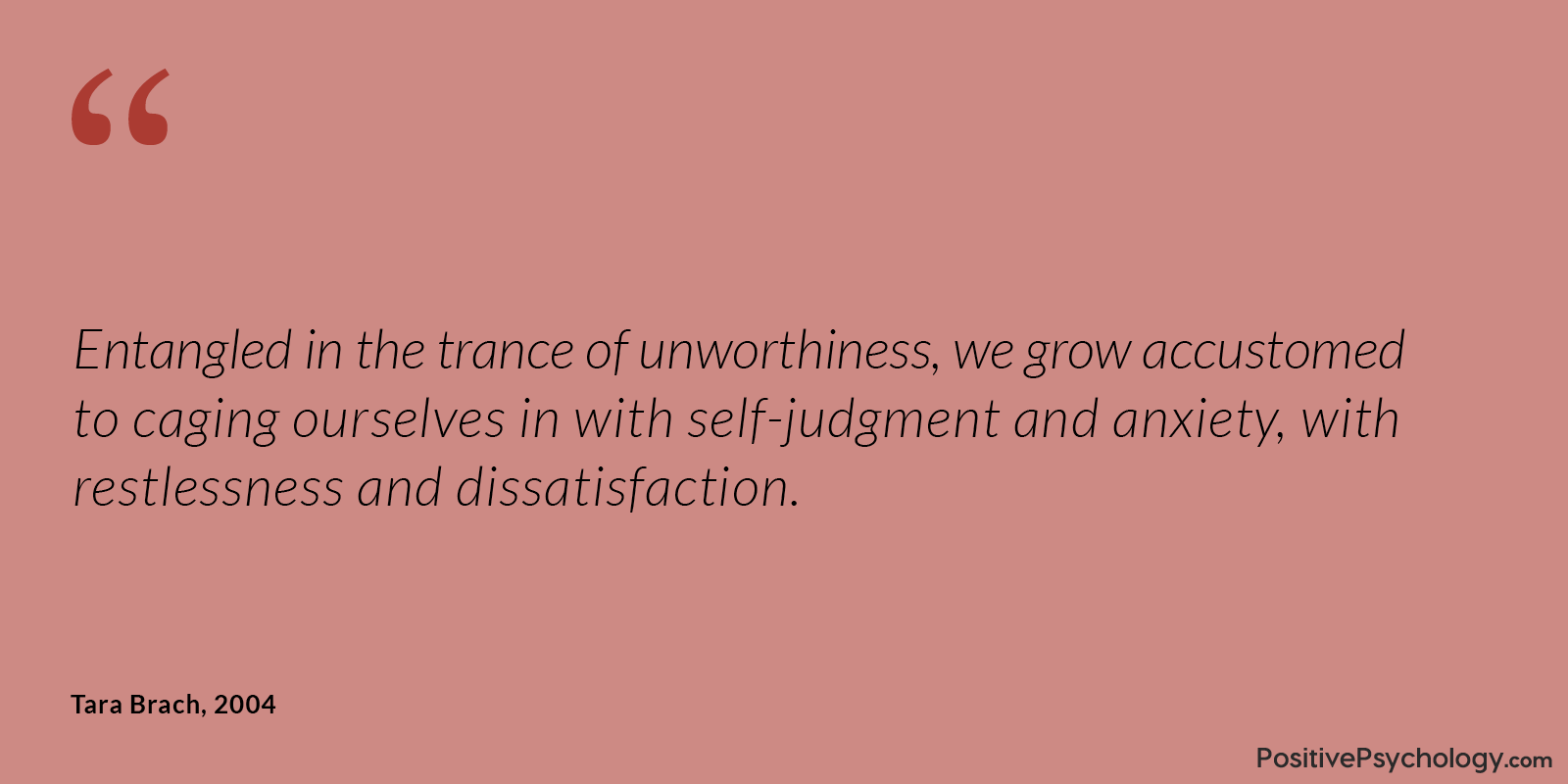
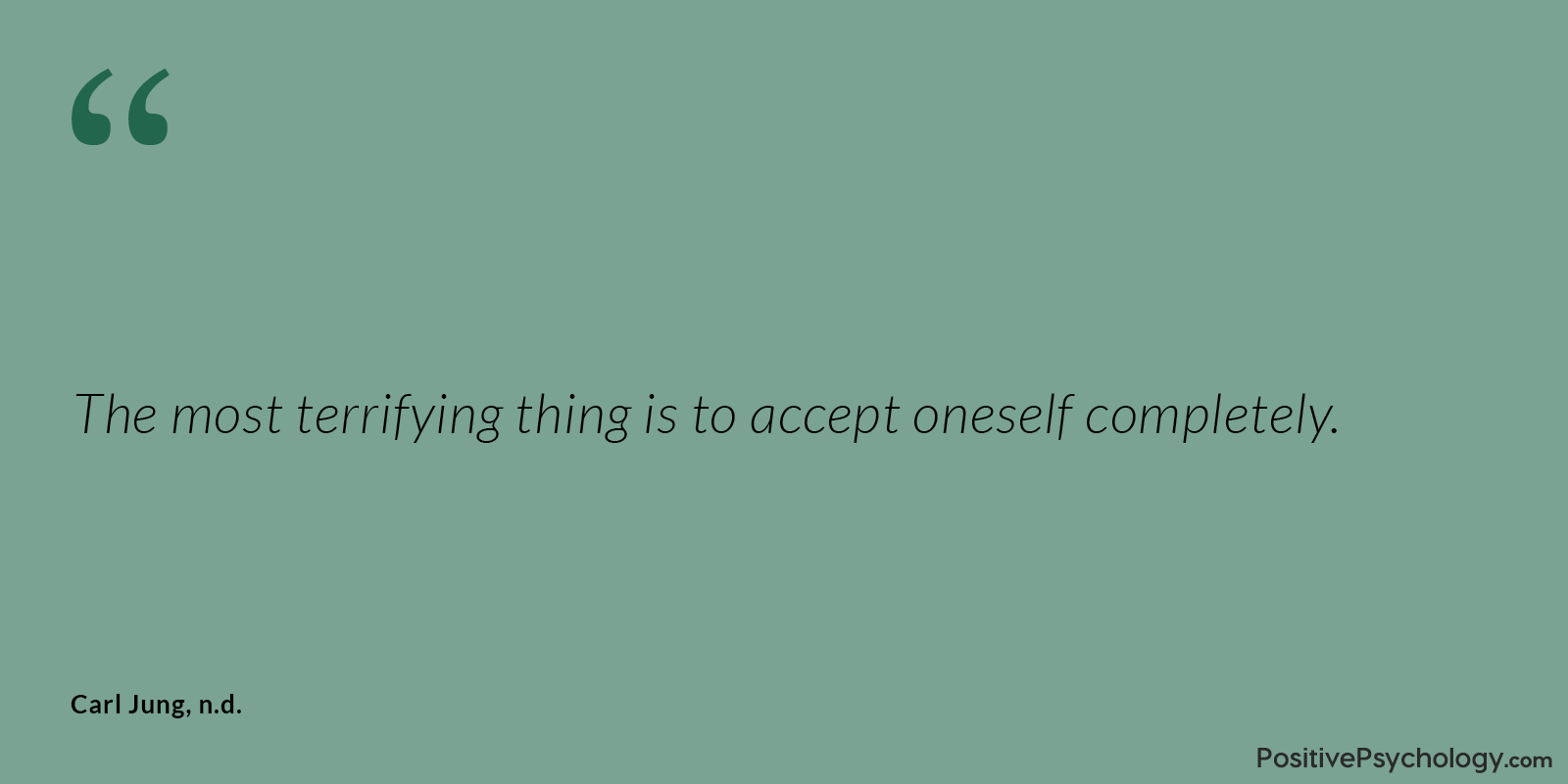
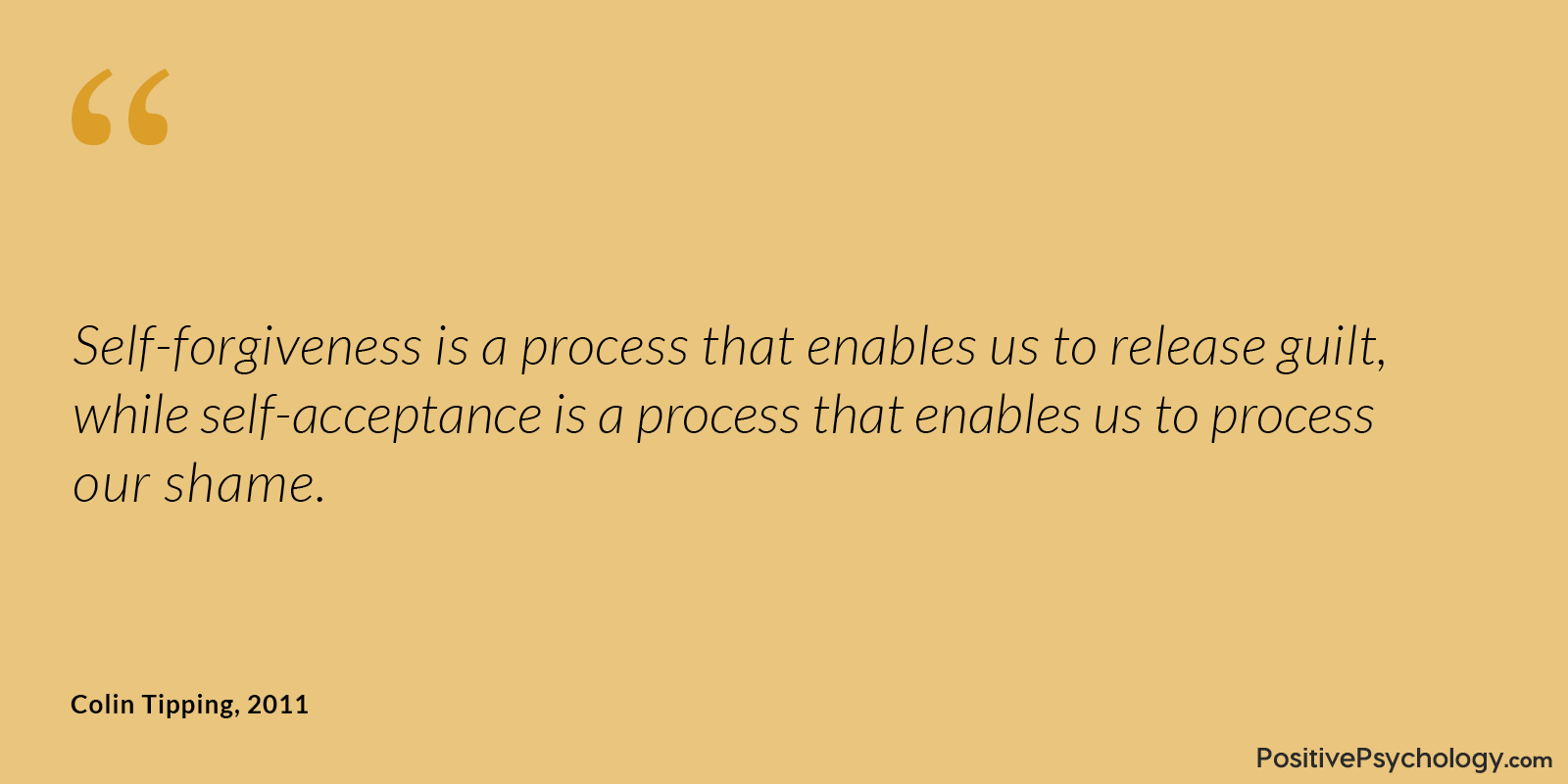

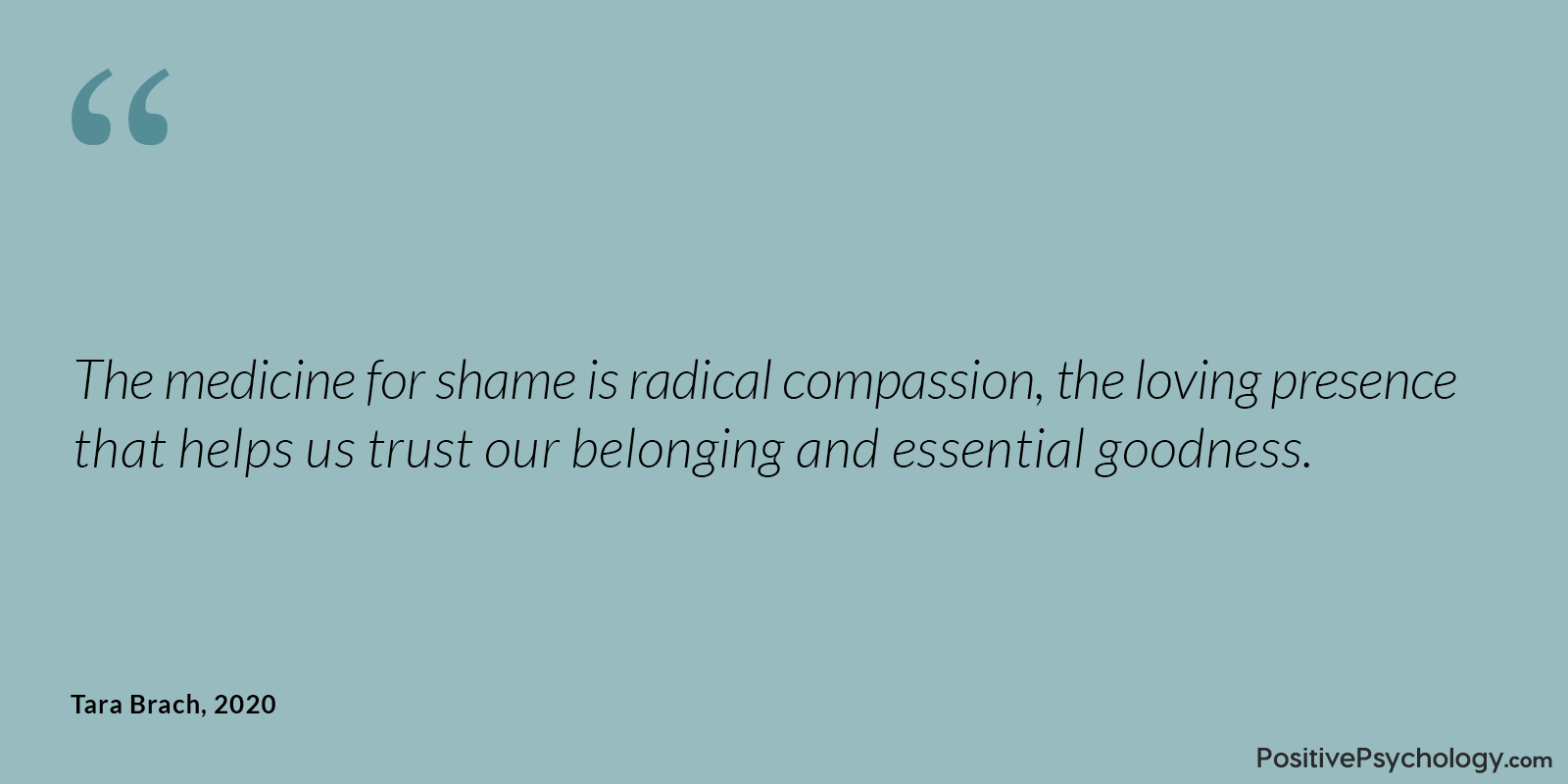


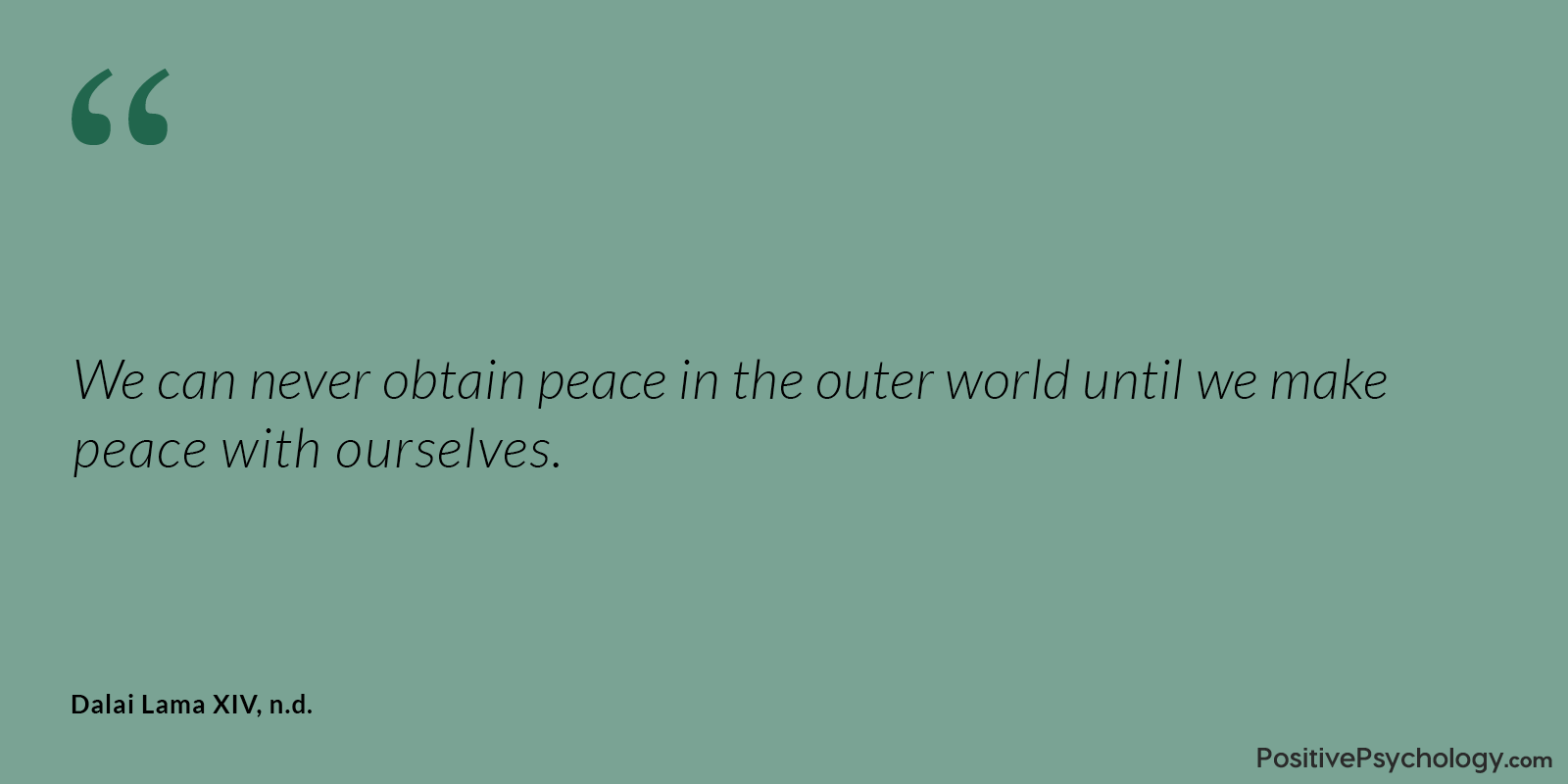
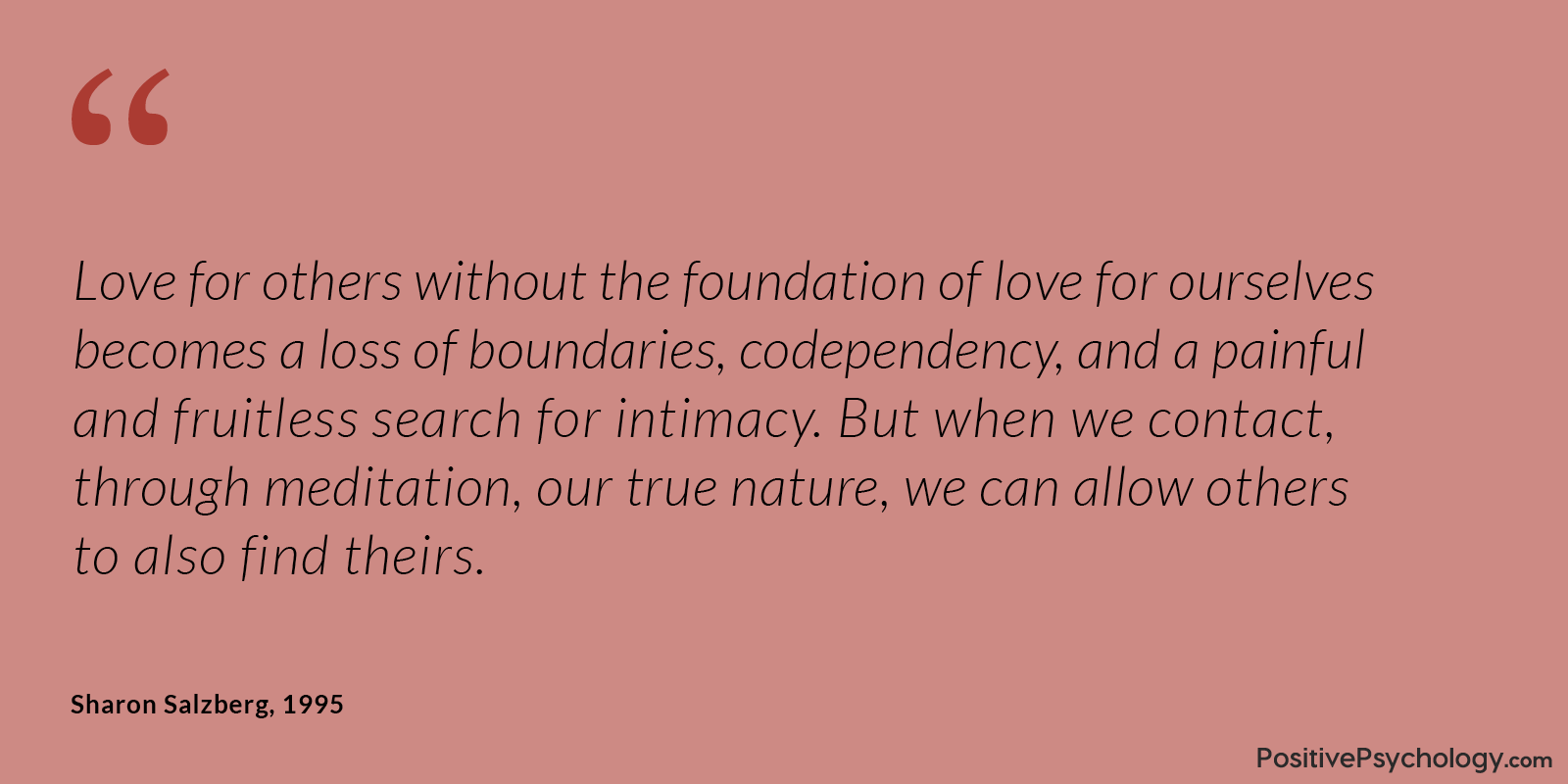
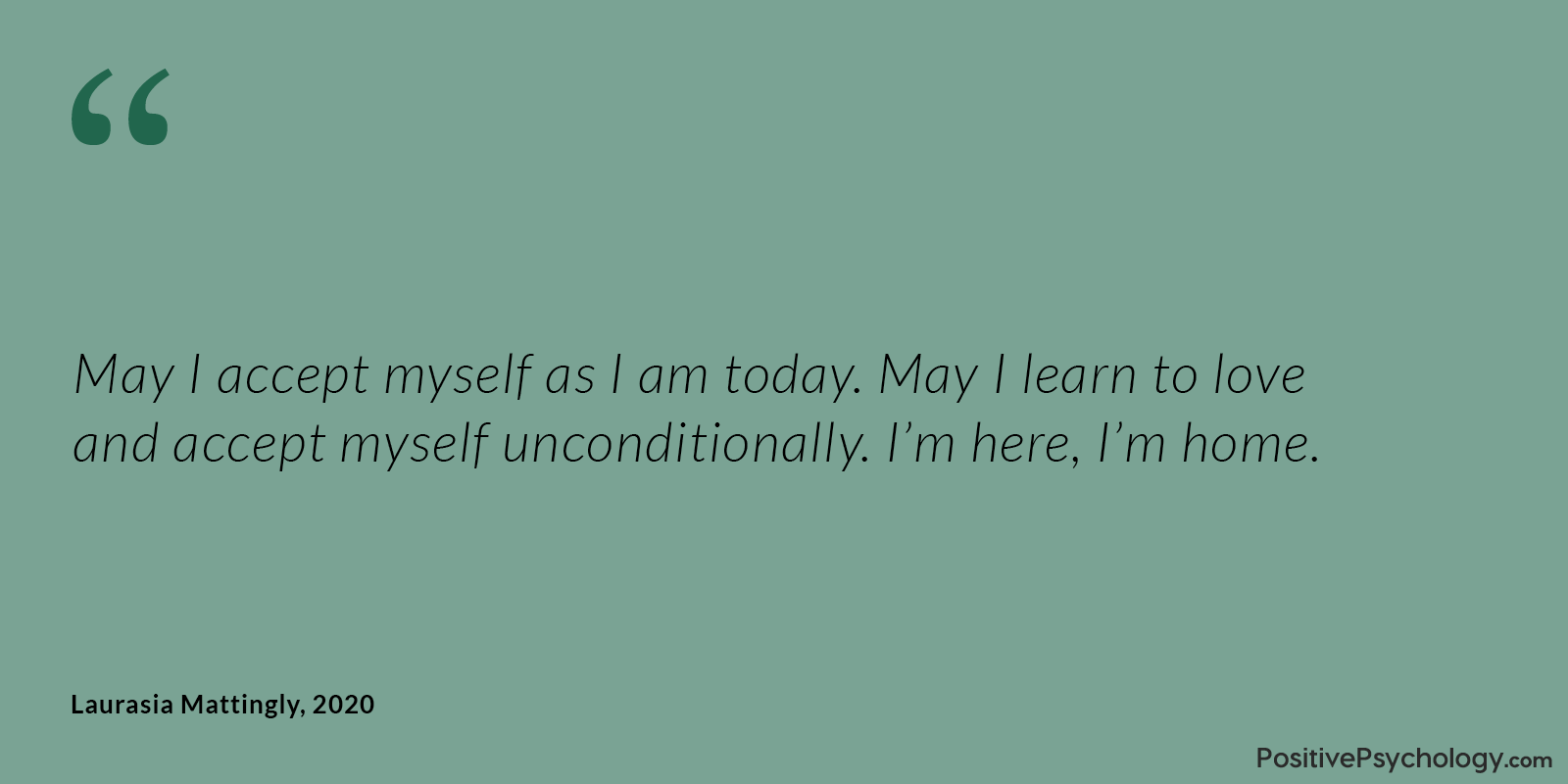

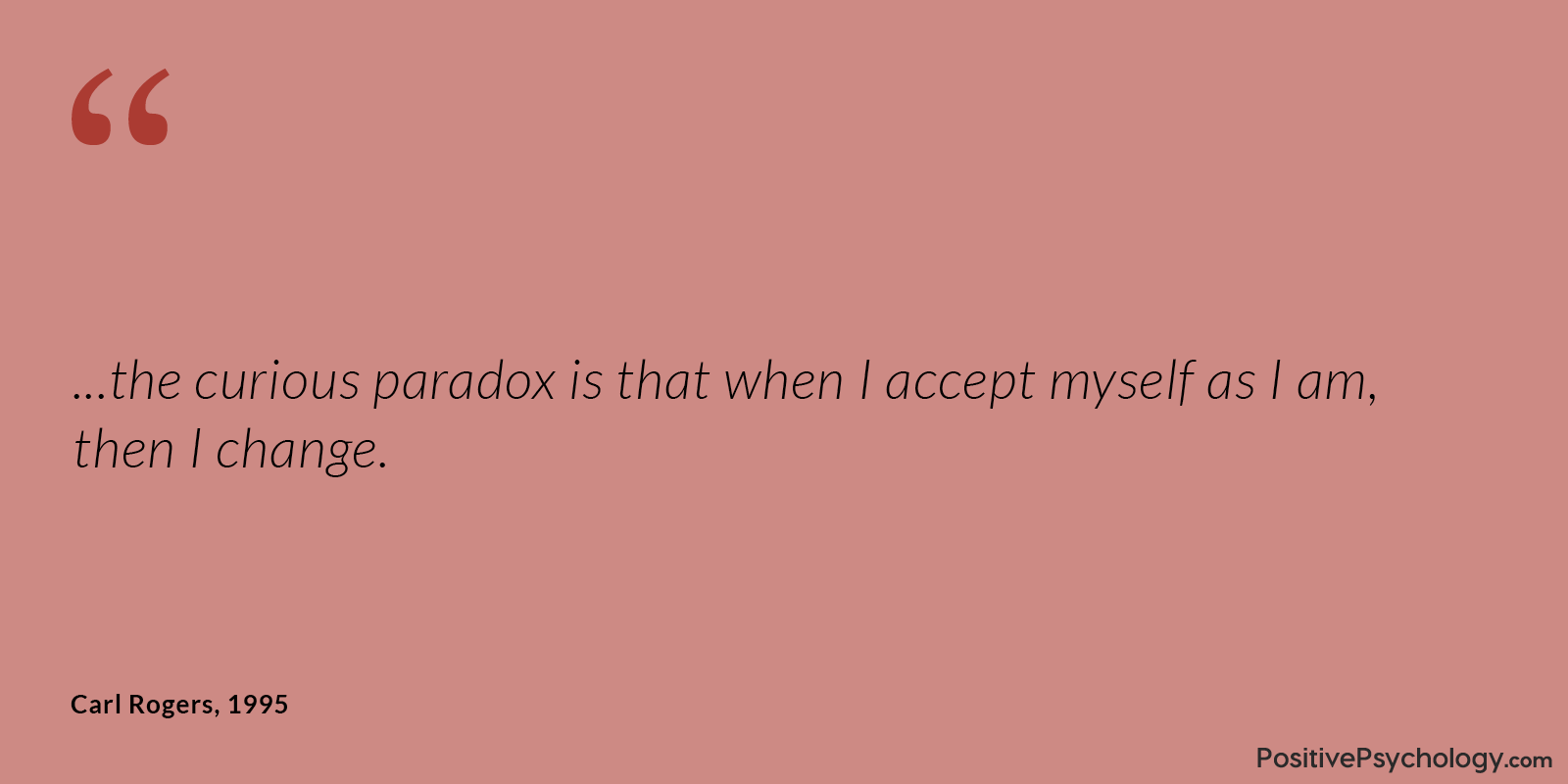
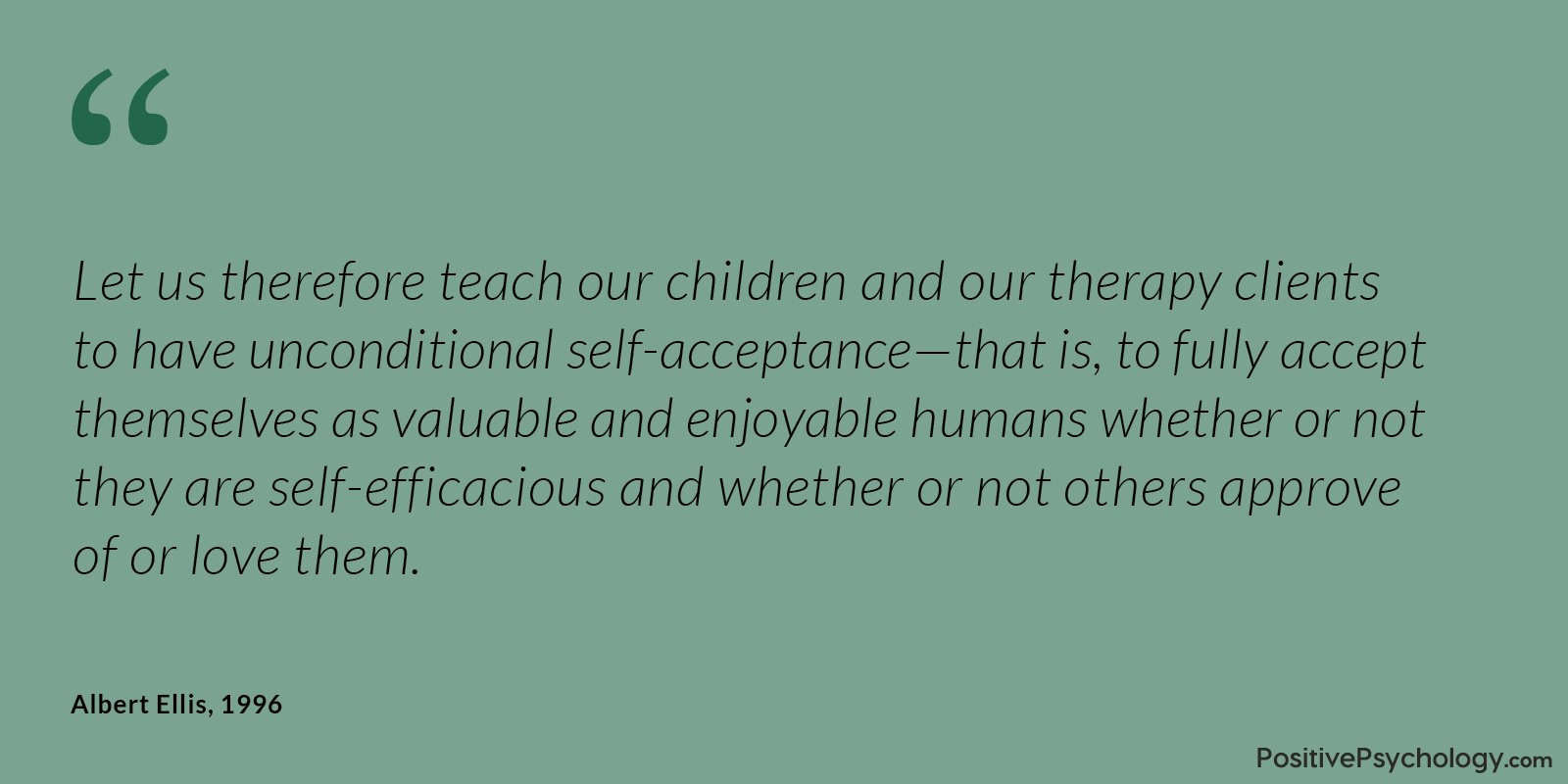
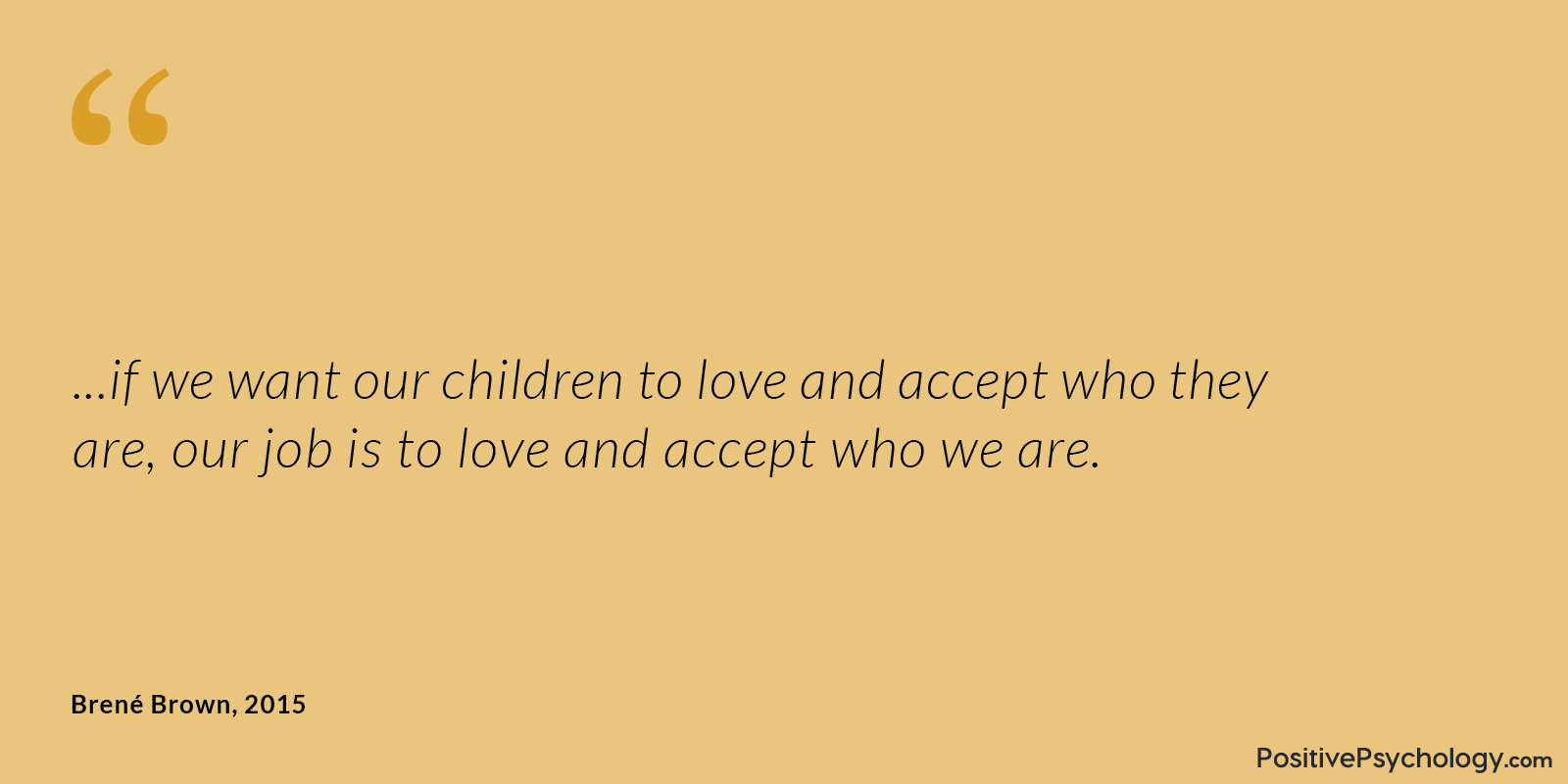
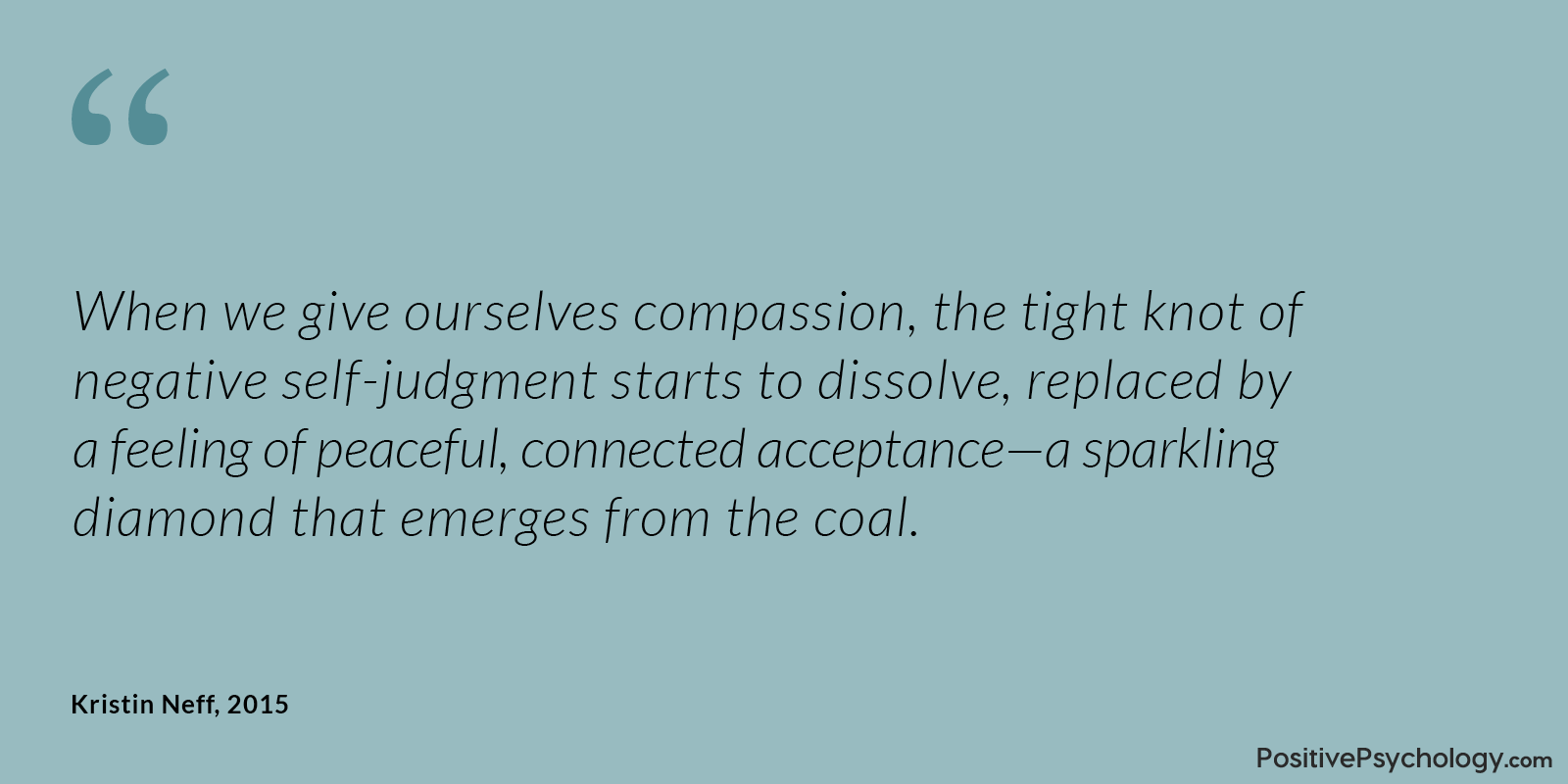
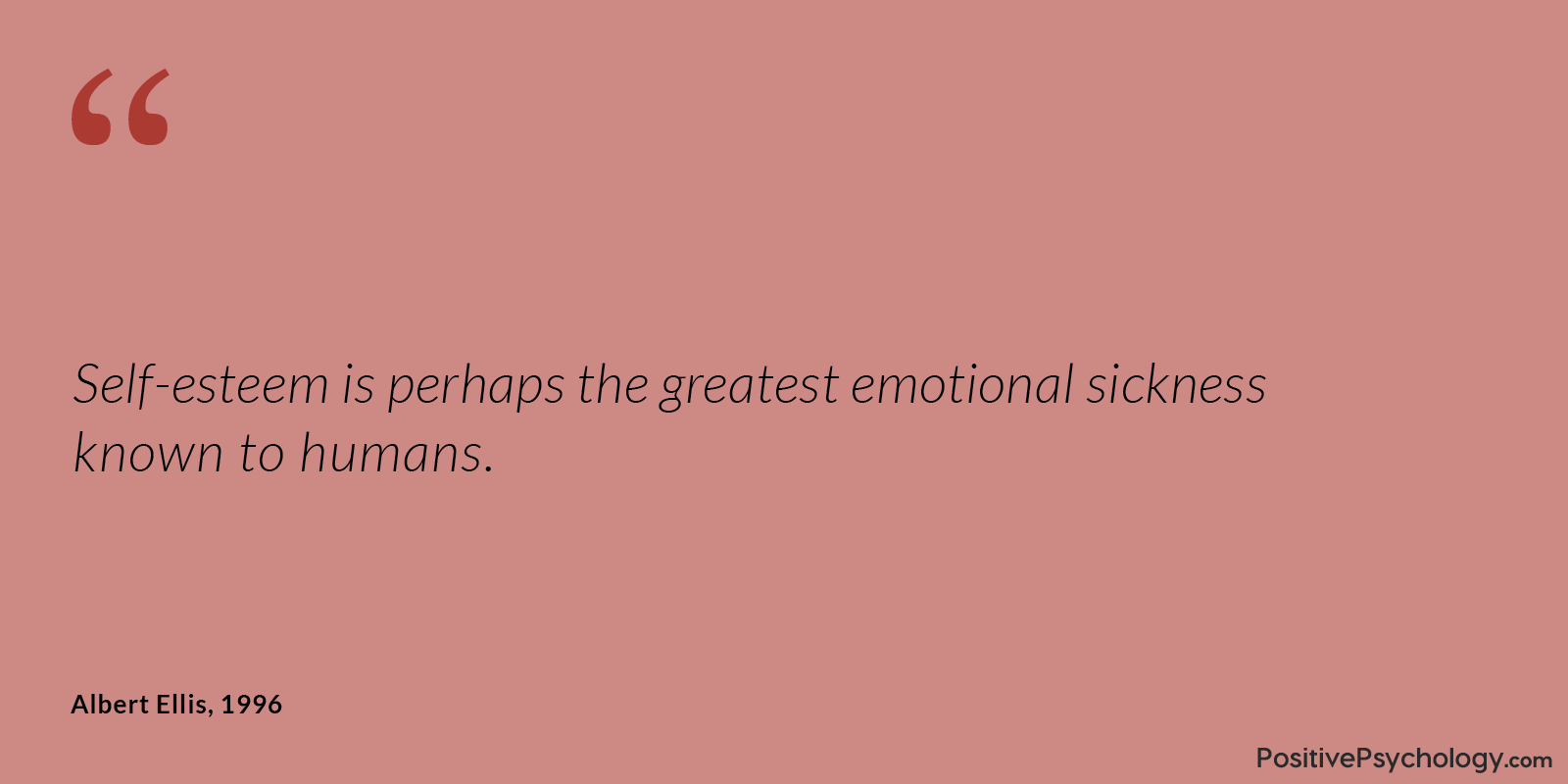
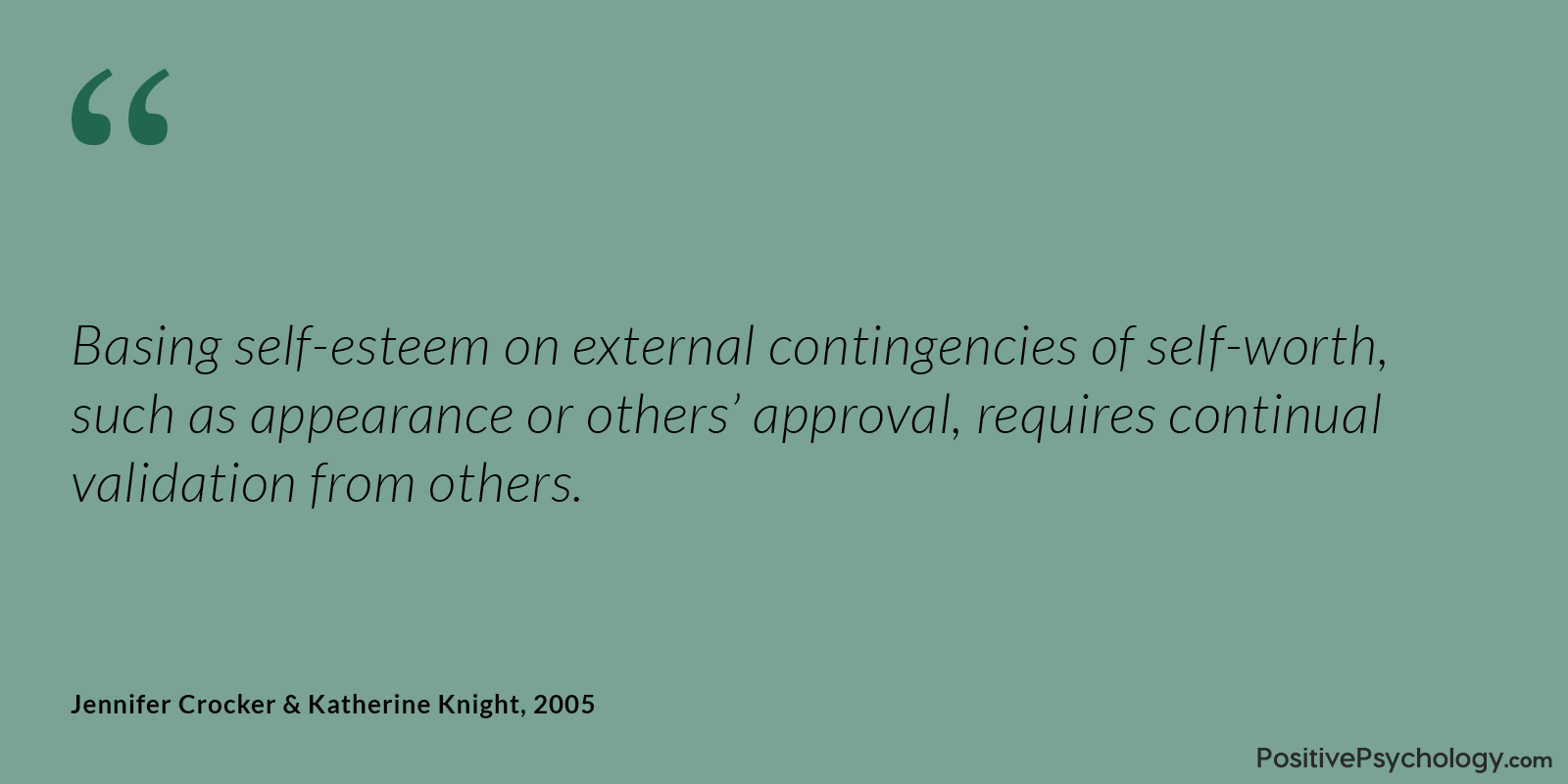
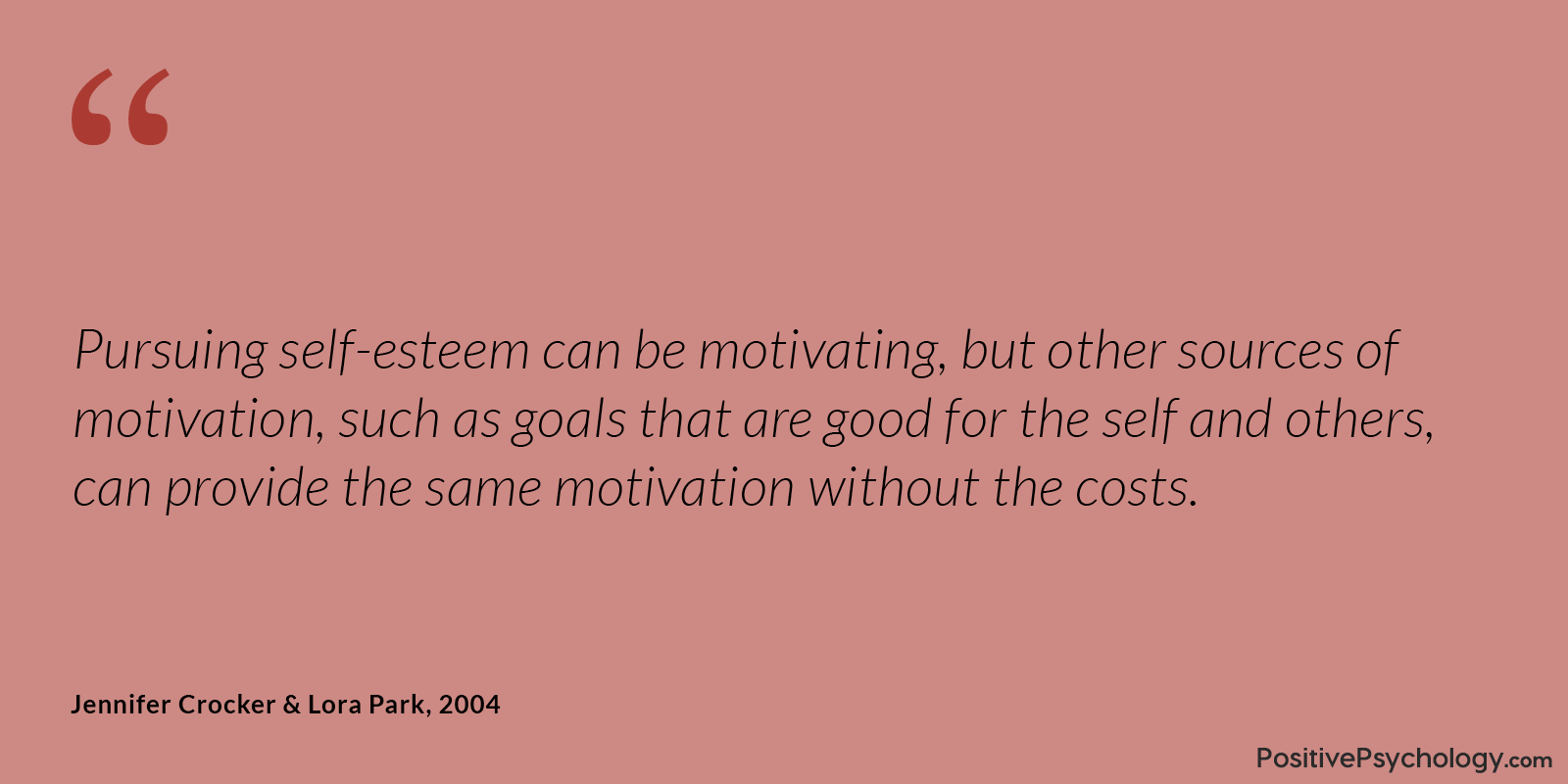
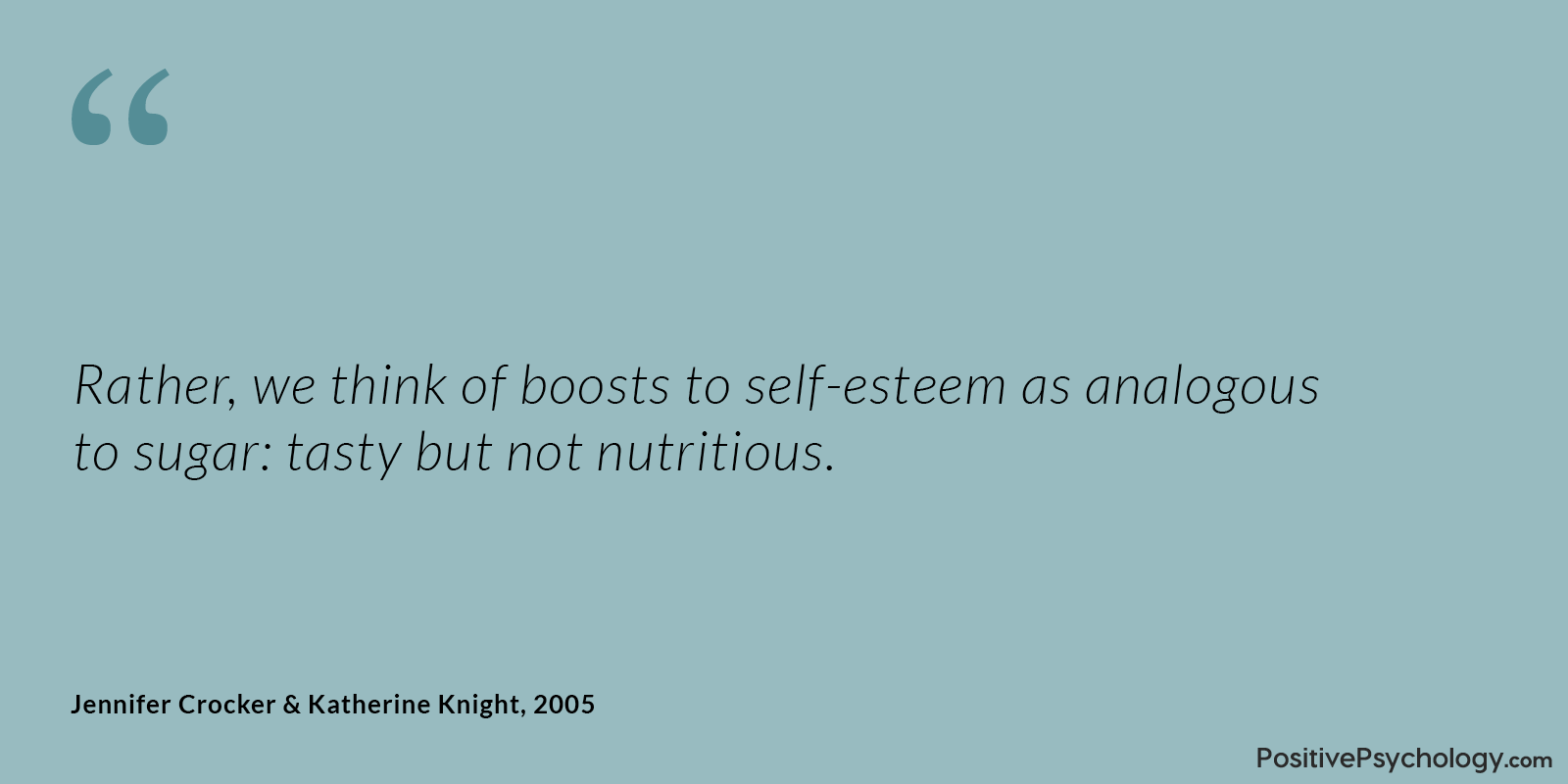
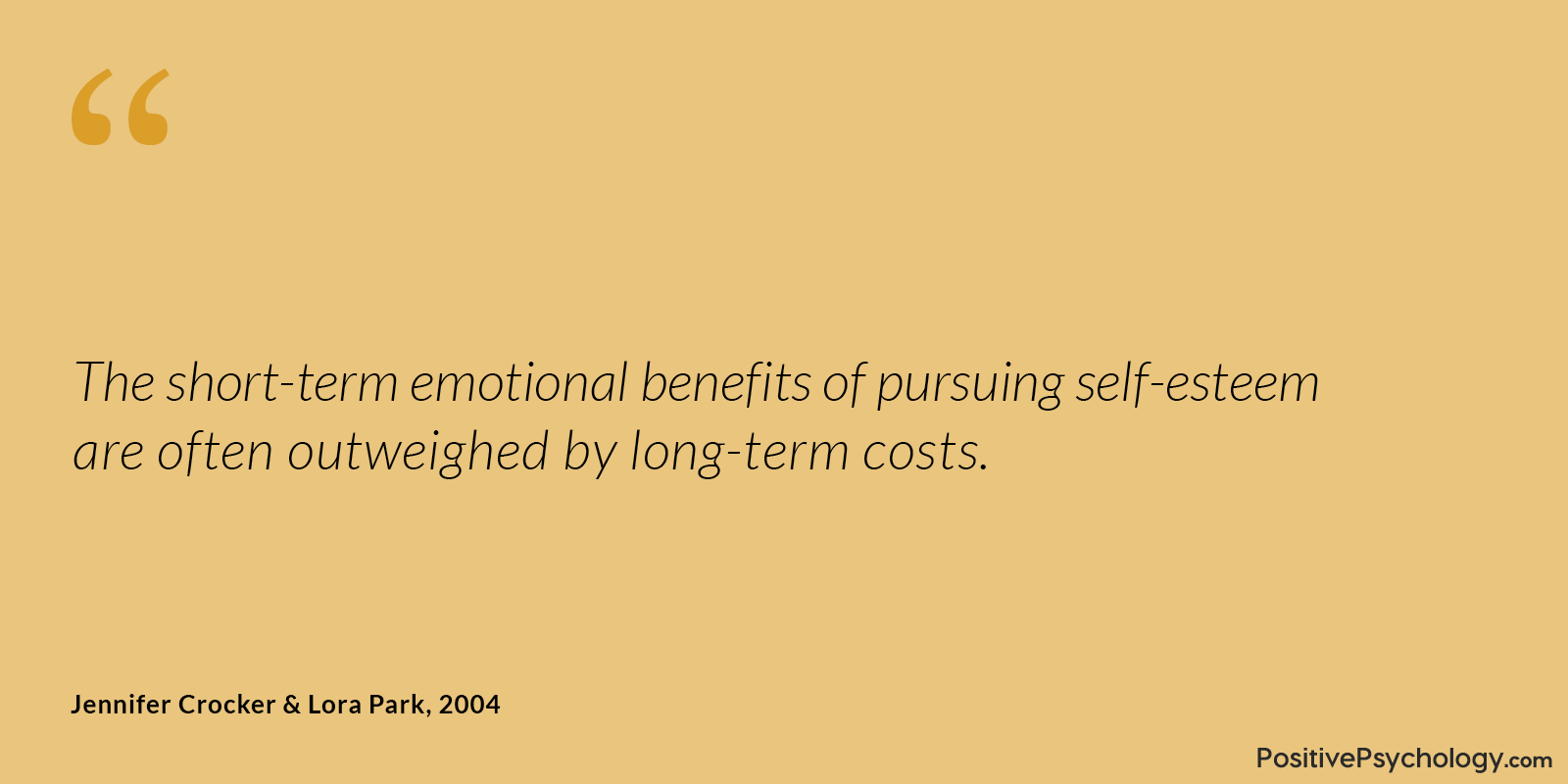
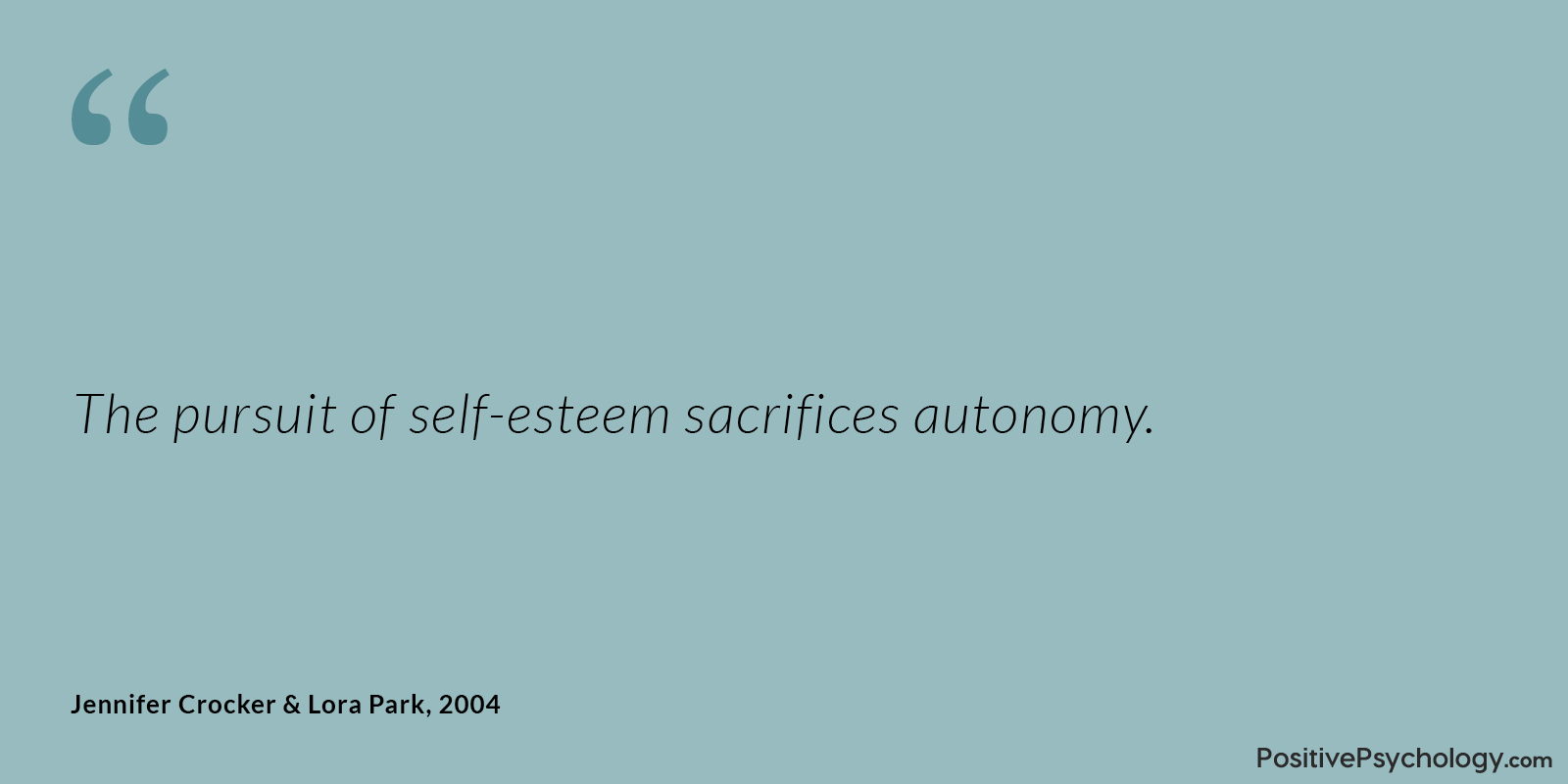
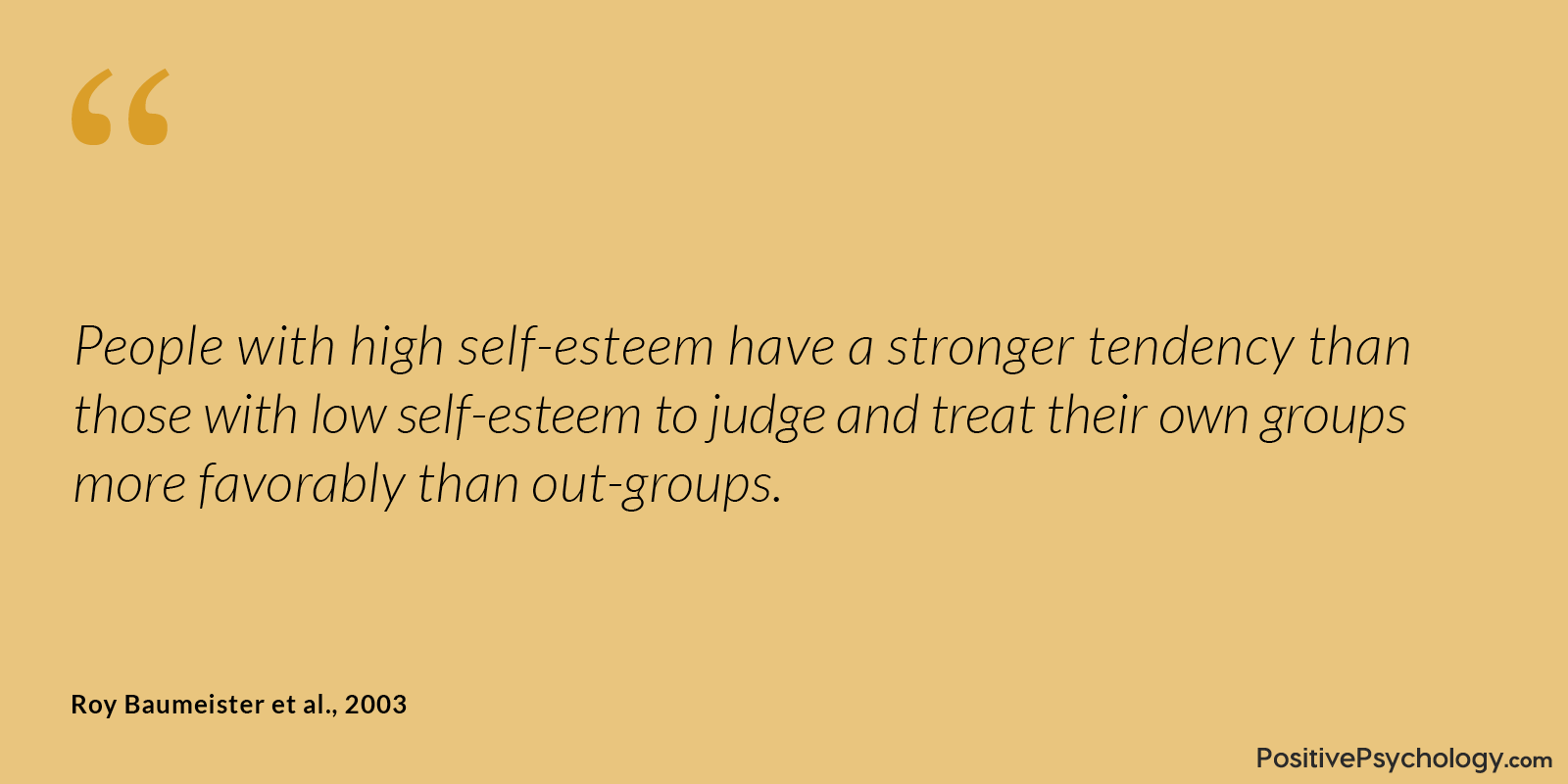
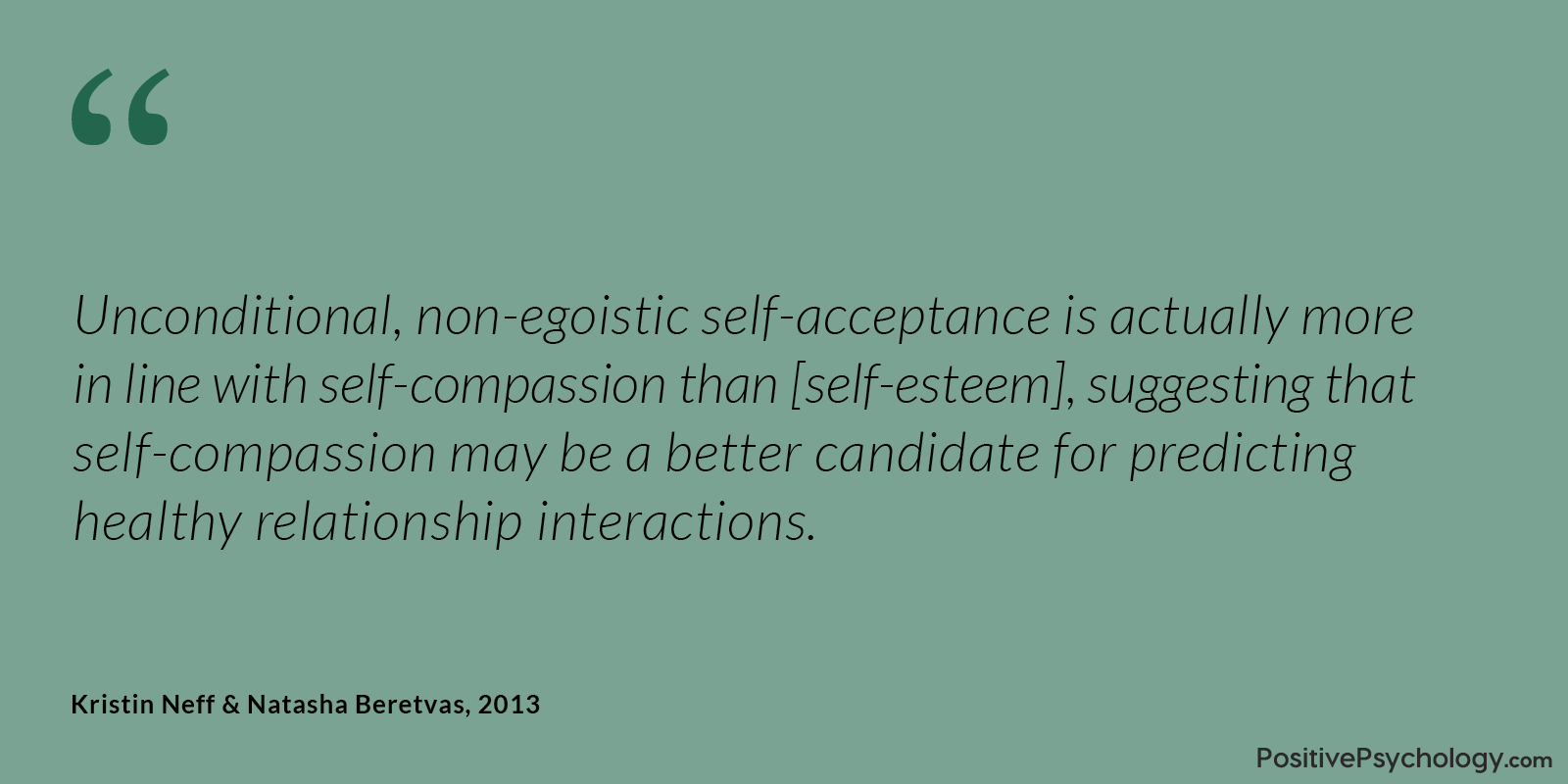
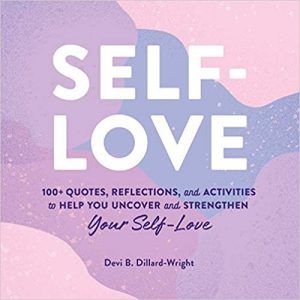


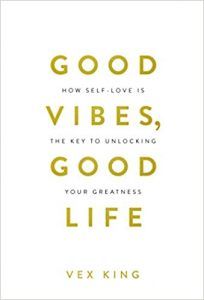
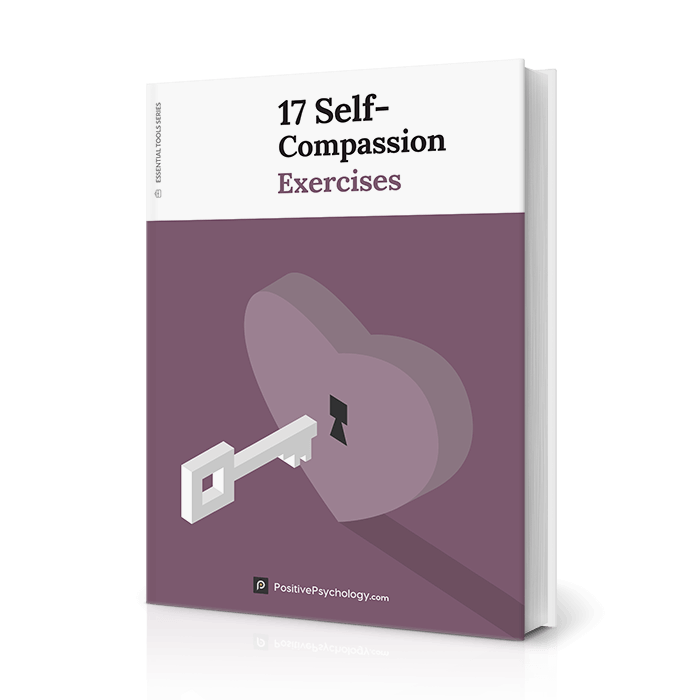



What our readers think
Science of Self-Acceptance Masterclass is a Very good book on self love
Lately, for some unknown reason and very late in life, I have fallen in love with myself while still acknowledging my many faults. I guess that is self-acceptance. I’ve learned, finally, to be sad and joyful at the same time; like life it’s a sprinkling of this and a sprinkling of that. Your quotes are not only wise but hugely supporting.
We are born with positive characteristics. We are alive, exciting, stimulating, encouraging, satisfying, pleasing, courteous, gentle, loving, positive, relaxed and calm. We are generally good, encouraging and positive.
Our natural positive foundation helps us to develop a positive self concept. A positive self concept is critical to maintaining the continuous positive activity generated by energy that is necessary to life. The continuous positive activity that a positive self concept reinforces helps to cause positive effects, benefits, behaviors or products in spite of negative input, situations or events. The continuous positive activity that causes positive effects is based on a positive self concept.
Accepting and developing a negative self concept because of others, our experiences or our environment for any reason will cause our energy to be used in a negative way that will cause, create and produce negative effects or products continuously. A negative self concept that rejects our natural positive qualities and strengths is a negative factor. It causes everything to have a negative quality.
It is critical to accept our natural positive strengths, qualities, traits and characteristics to develop the positive self concept they generate that will cause everything to come out positive. It is necessary to maintain the positive activity that energy generates continuously to cause the positive effects, benefits, behaviors and products that keep life good.
All quotes are excellent.Wonderfully expressed.
” SELF-ACCEPTANCE”…….WHAT WE NEED TODAY.IT MAKES YOU FEEL GOOD AND STRONG.
LOVED THIS ARTICLE ON SELF-ACCEPTANCE.
This is great!
Self acceptance is important.
Thanks for sharing…
This is amazing and very enlightening. this world needs to realize their worth in order to grow.
so powerful words
useful information
keep up the good work
self love is the best form of love.
no one can beat it
Be you otherwise the sum of your parts will not ever fit